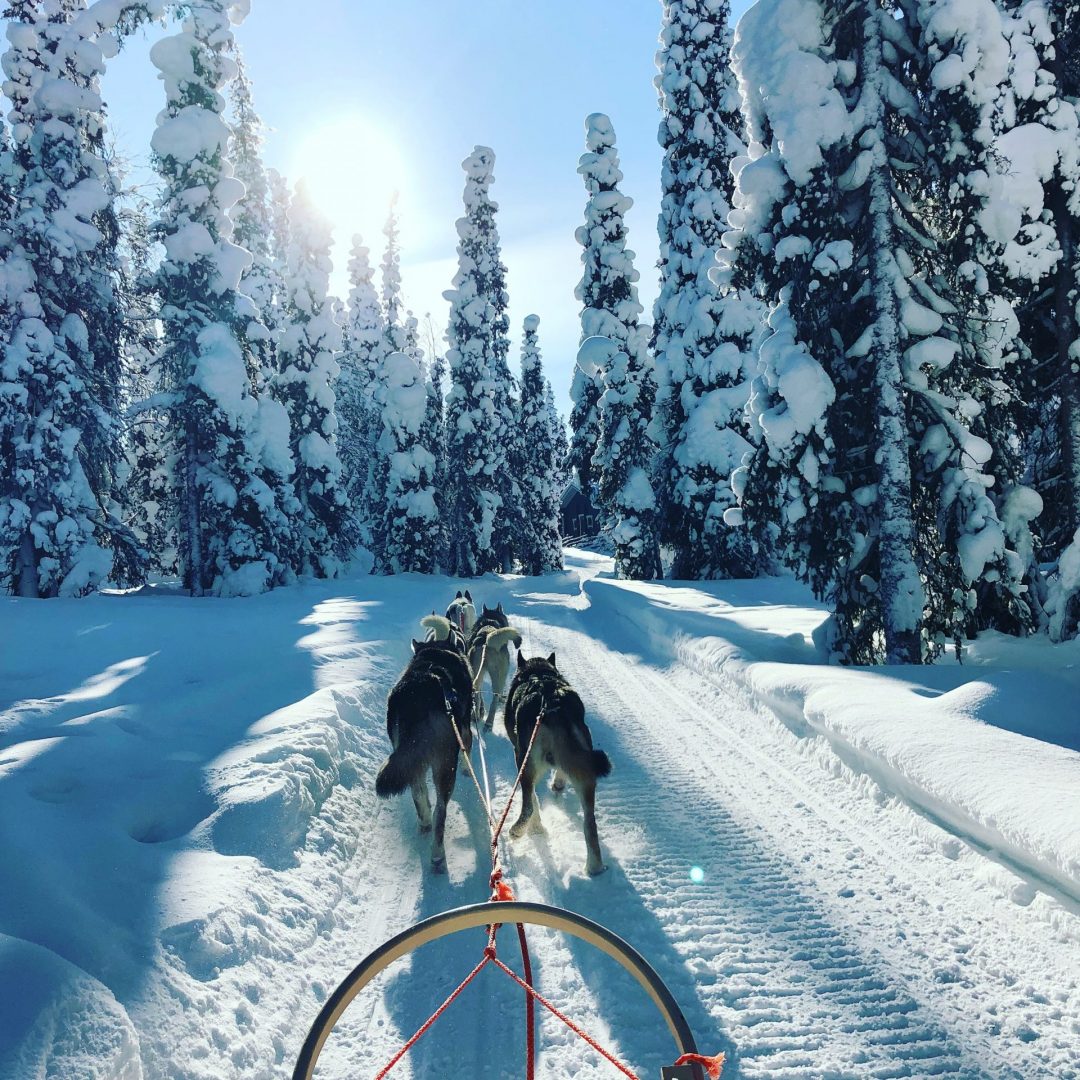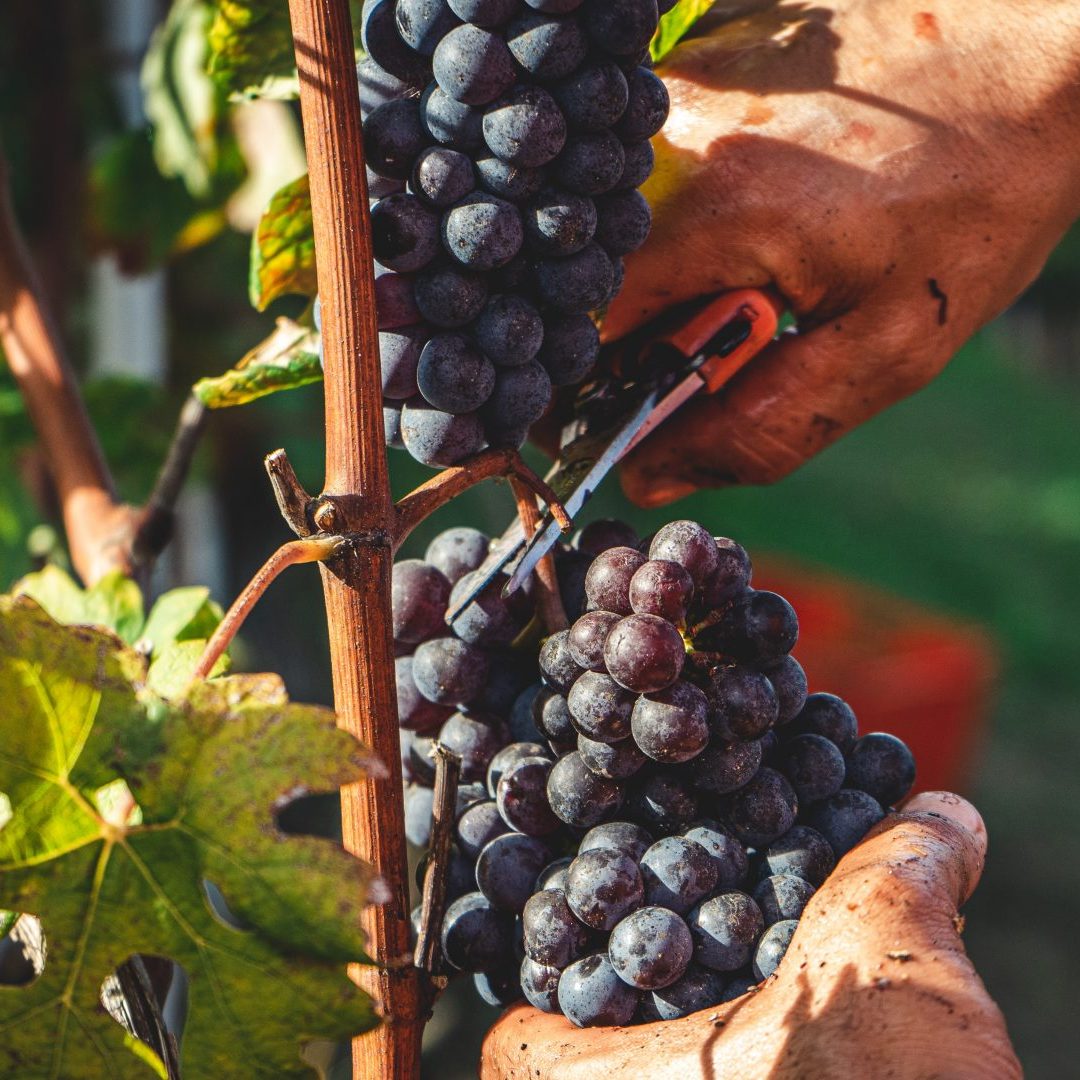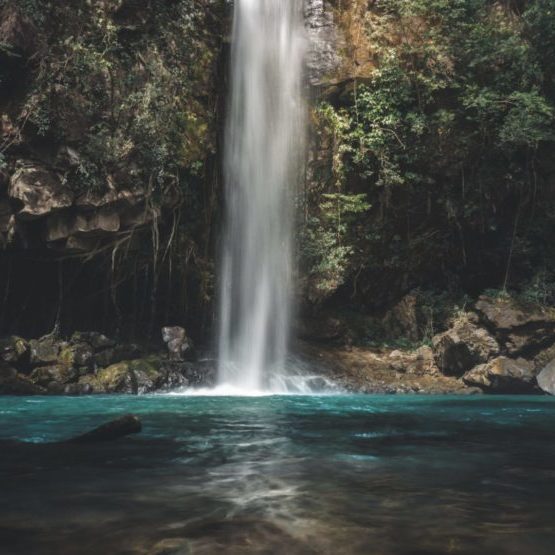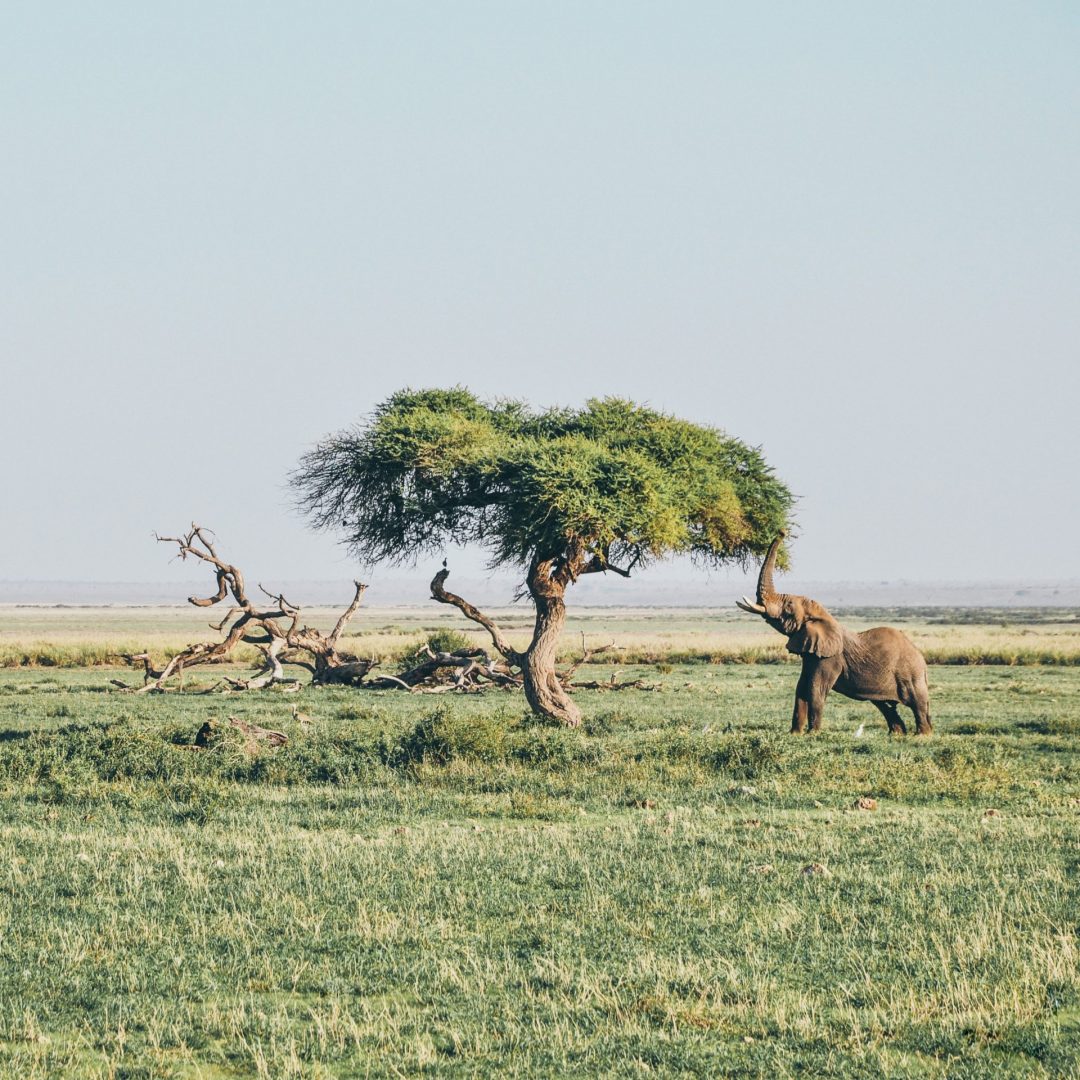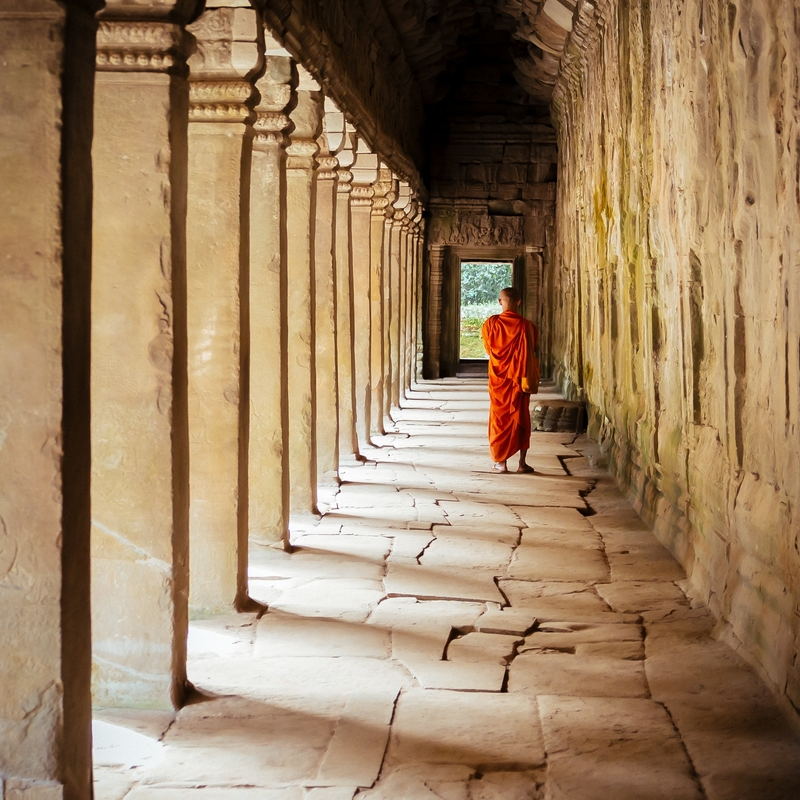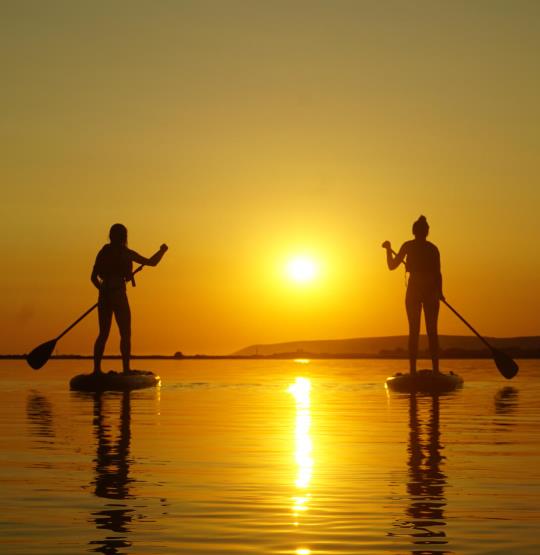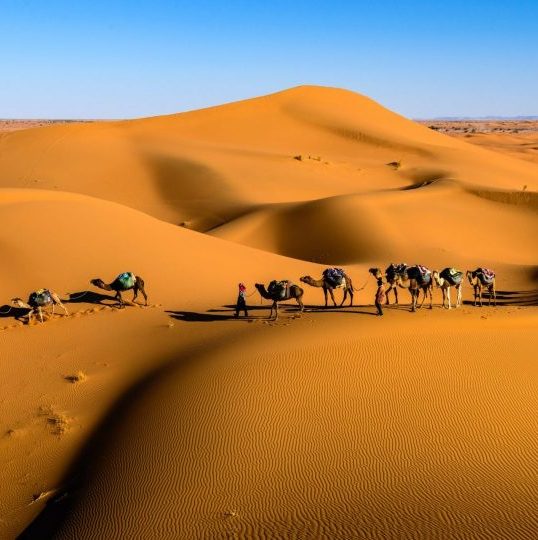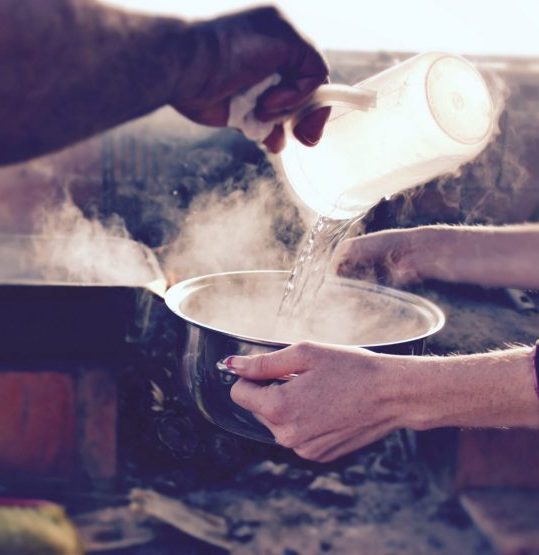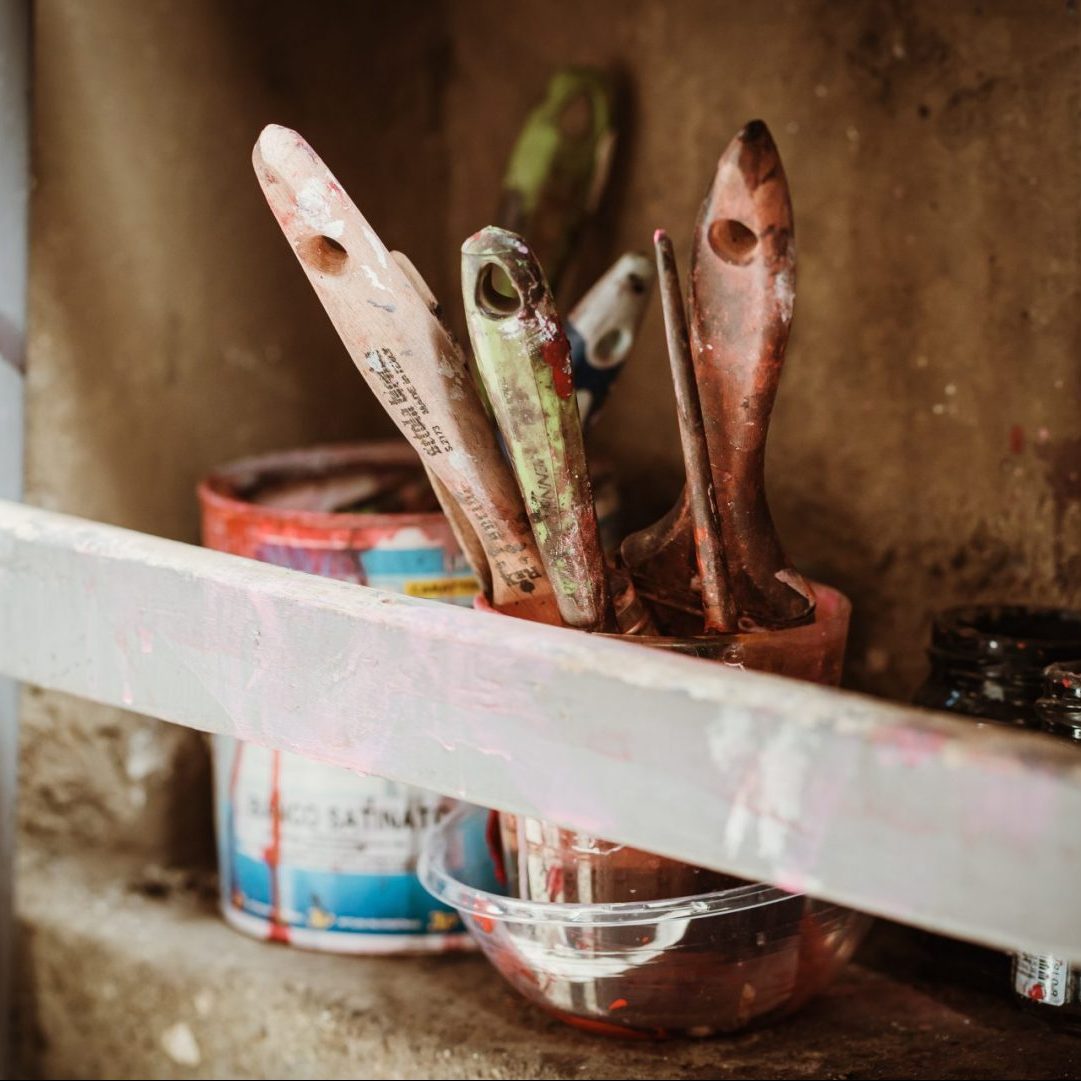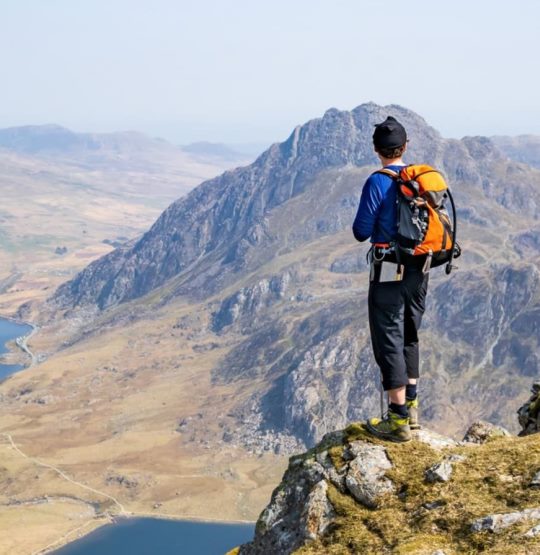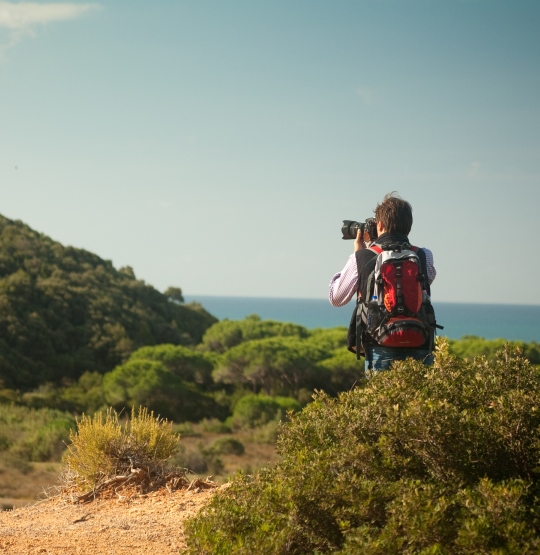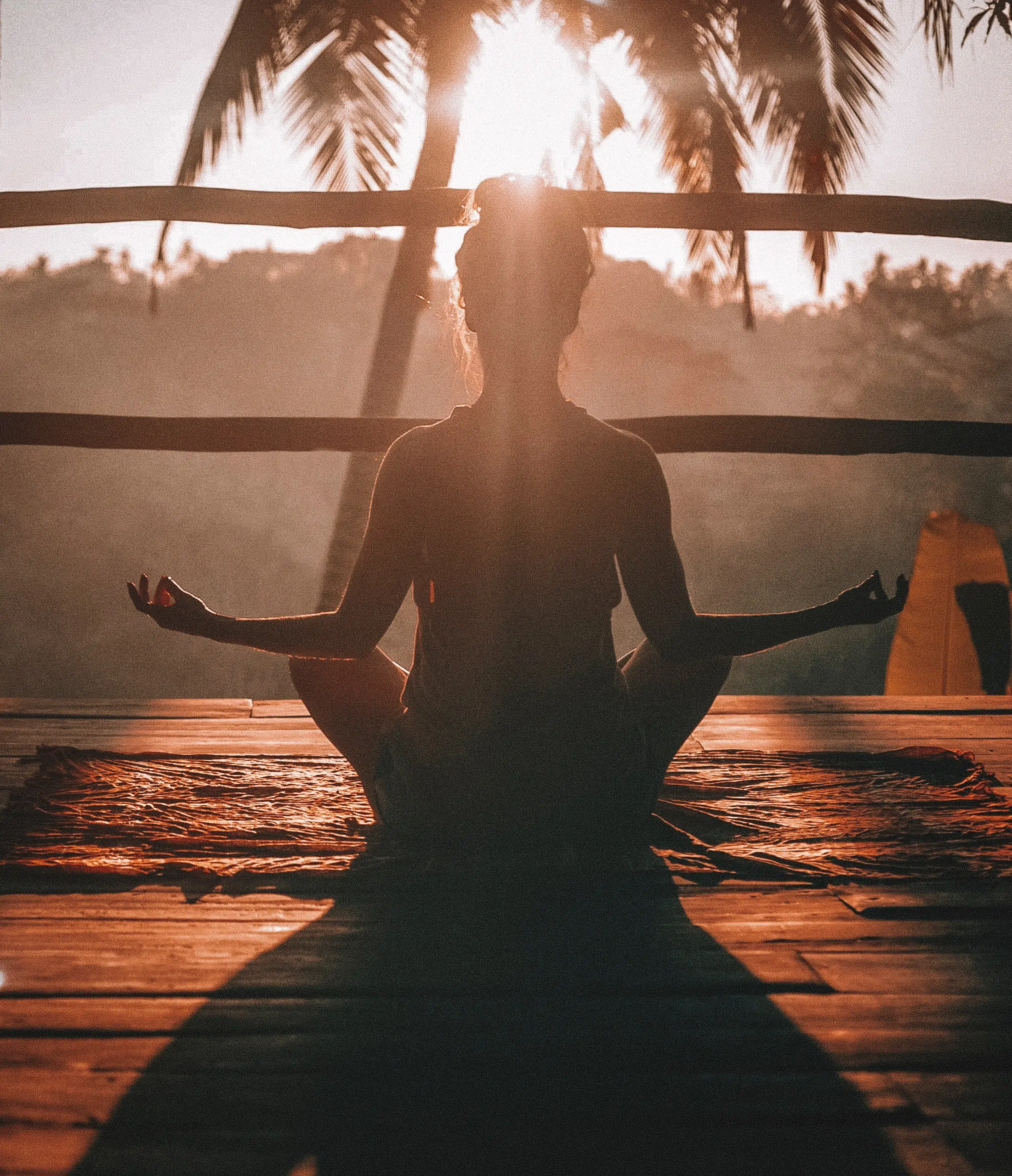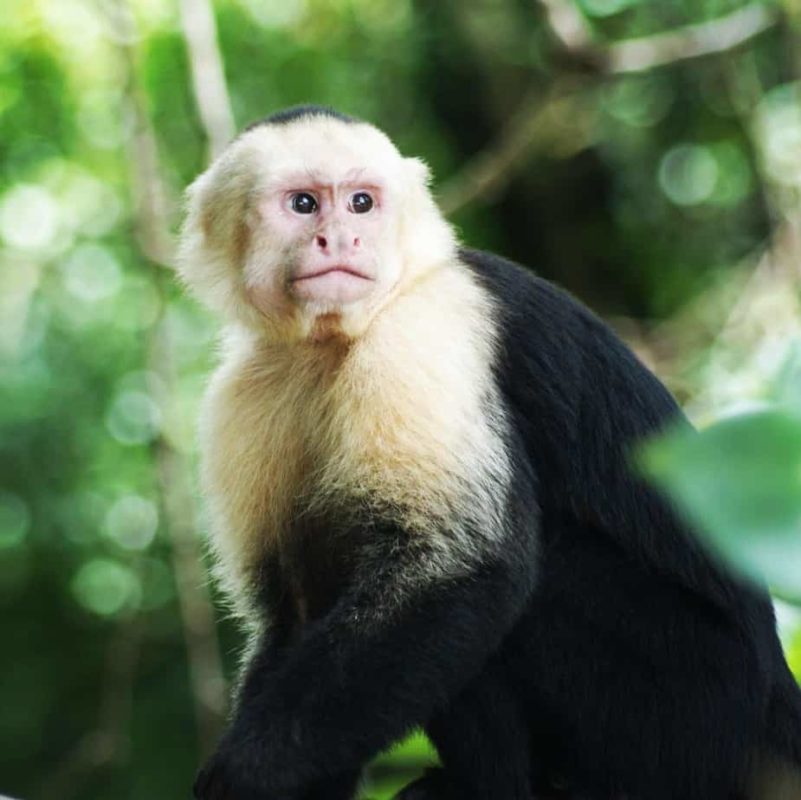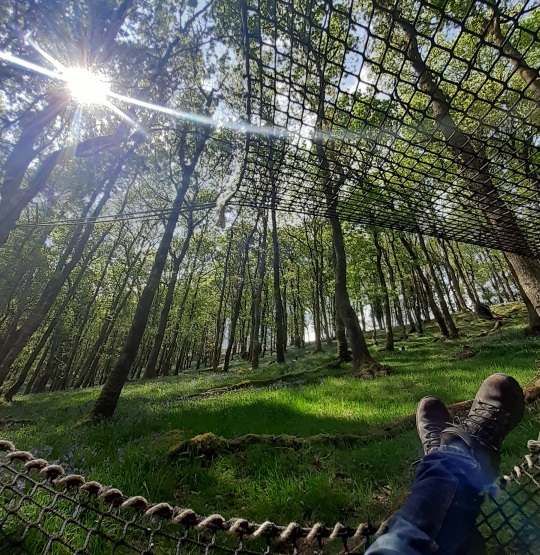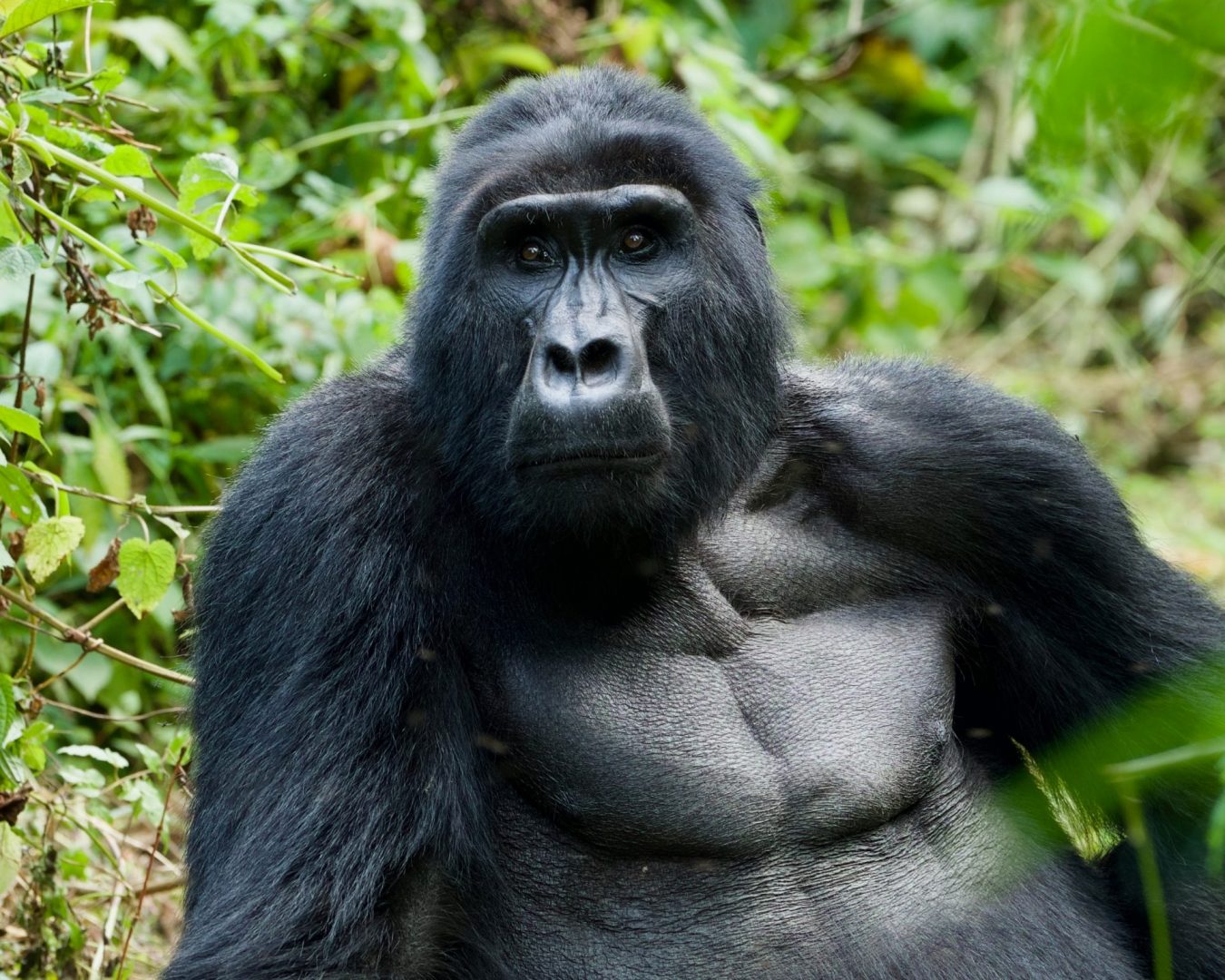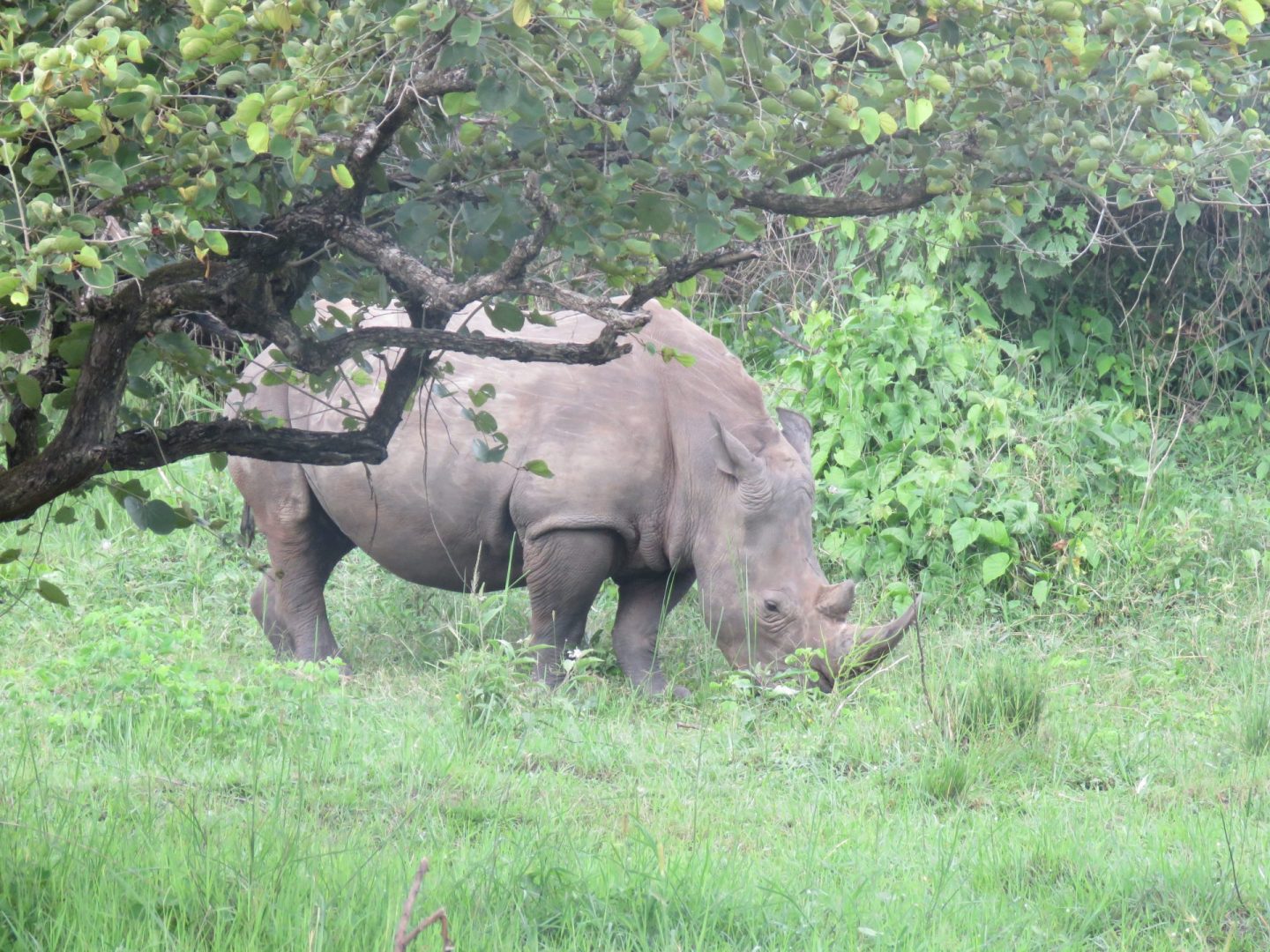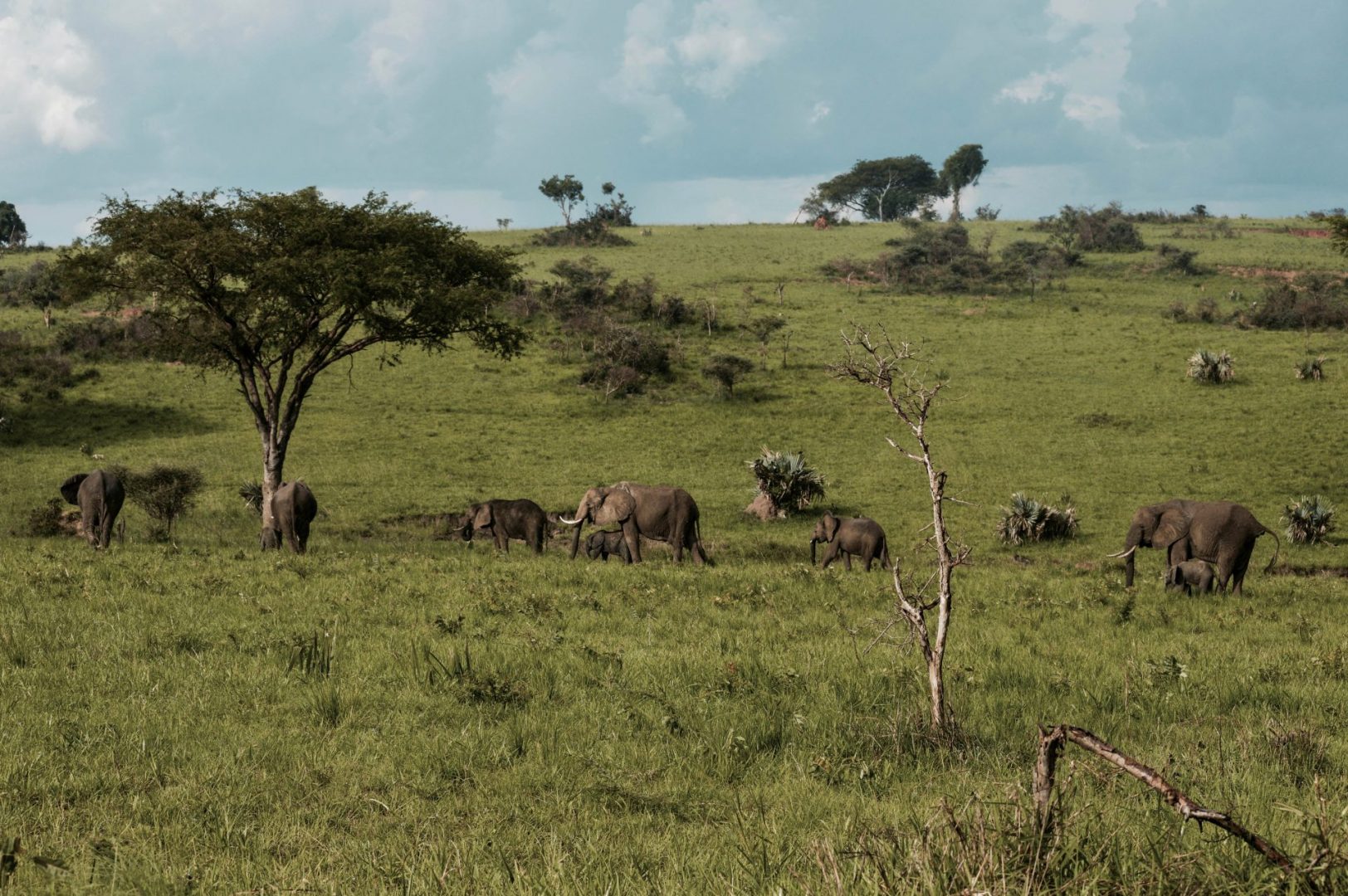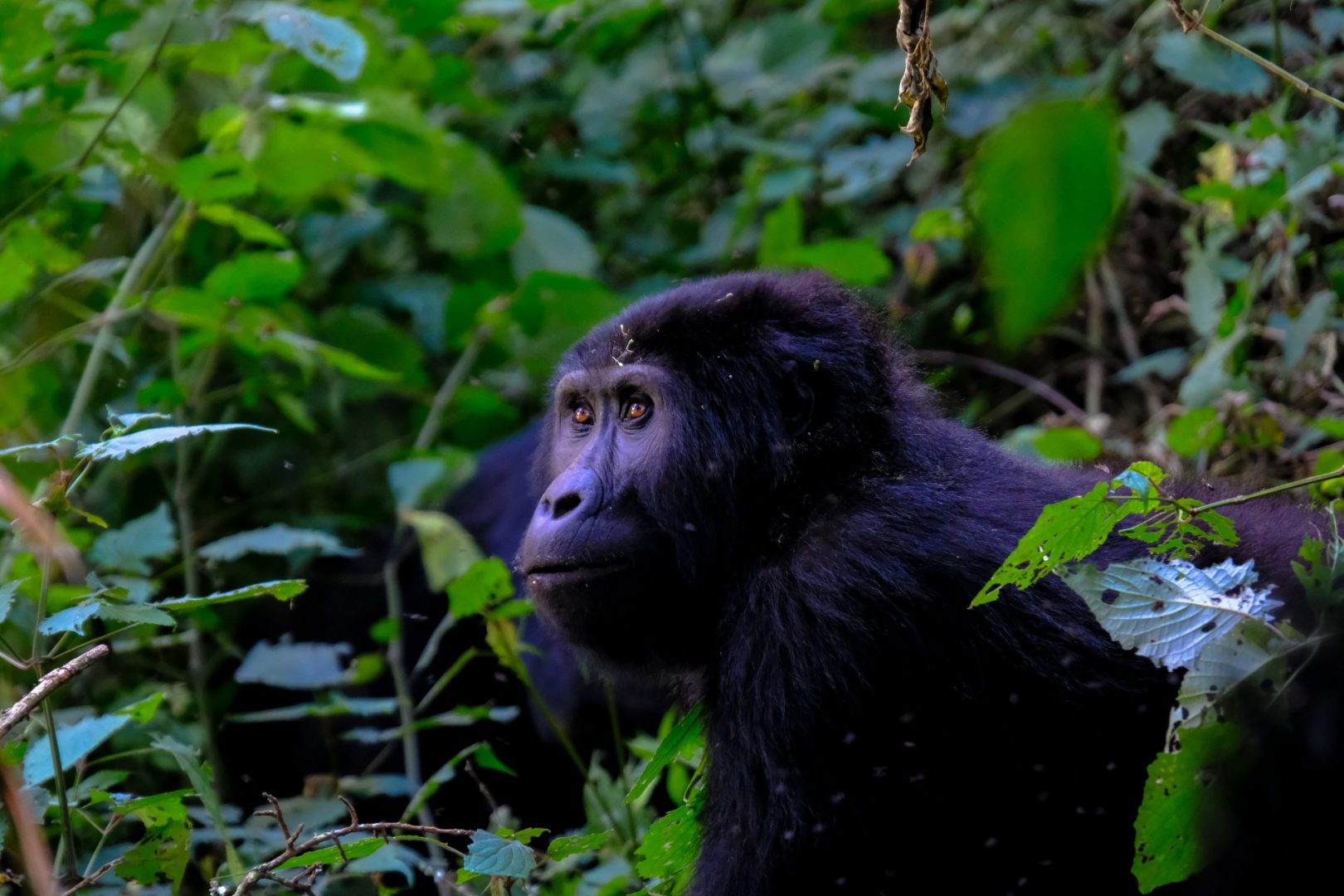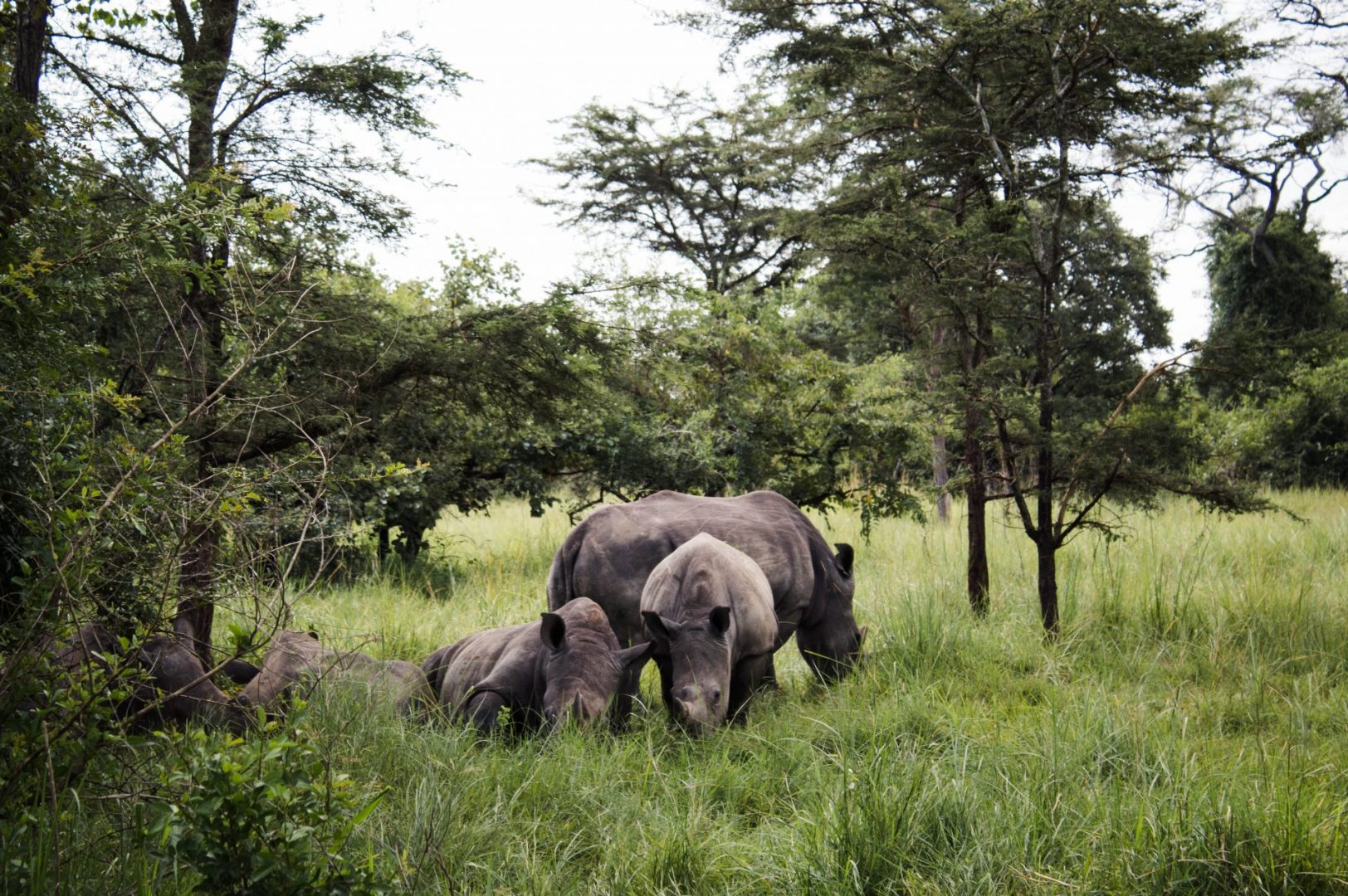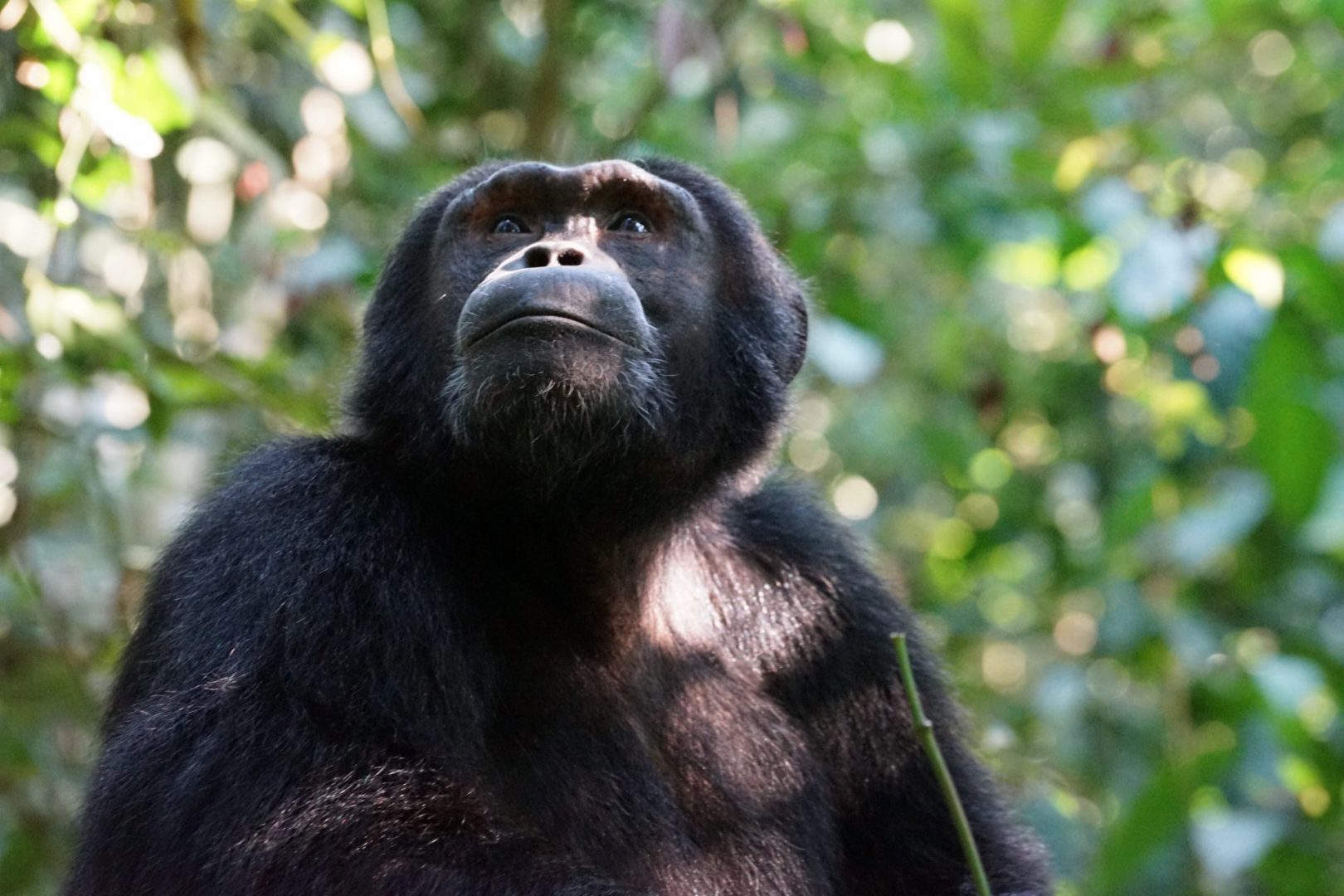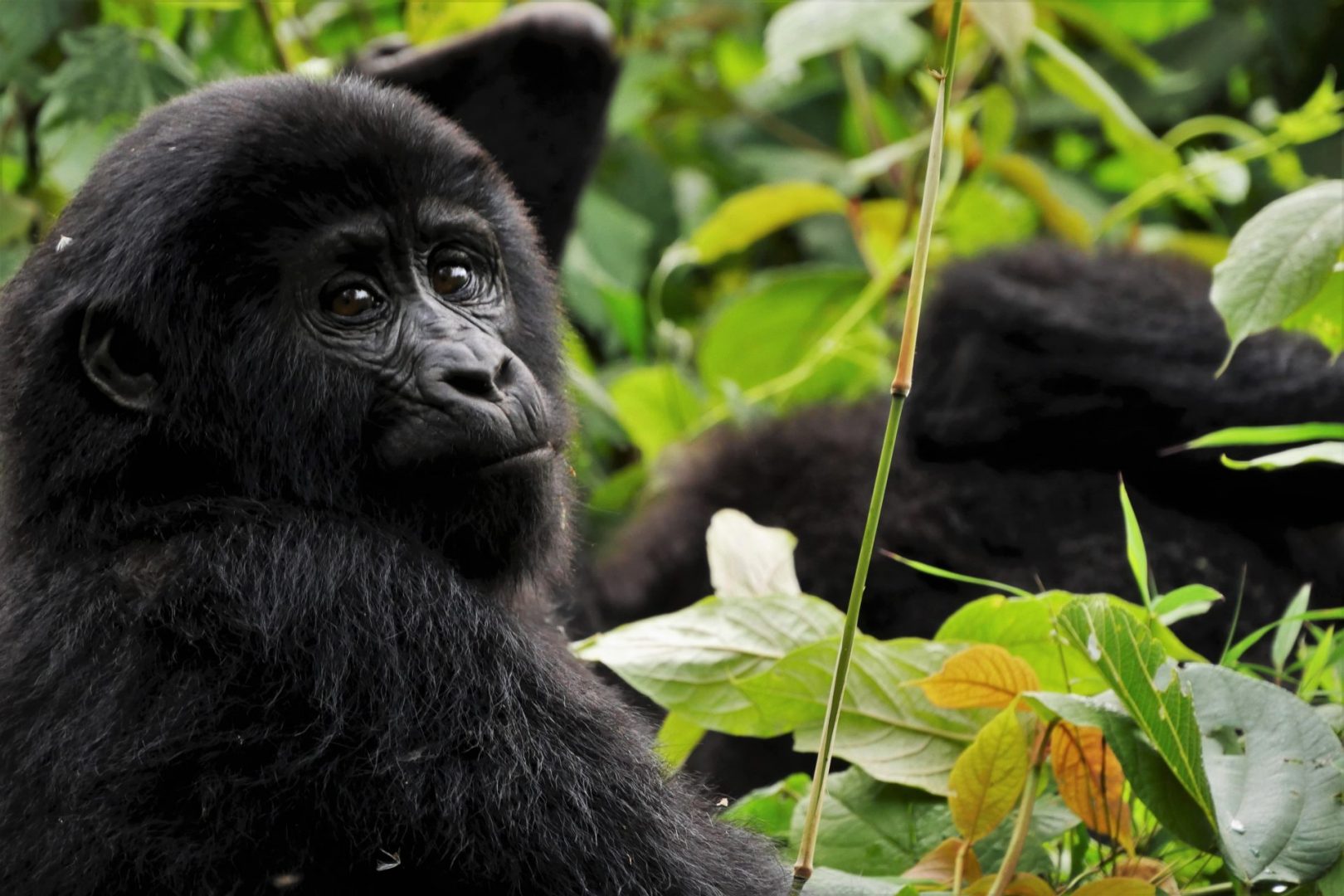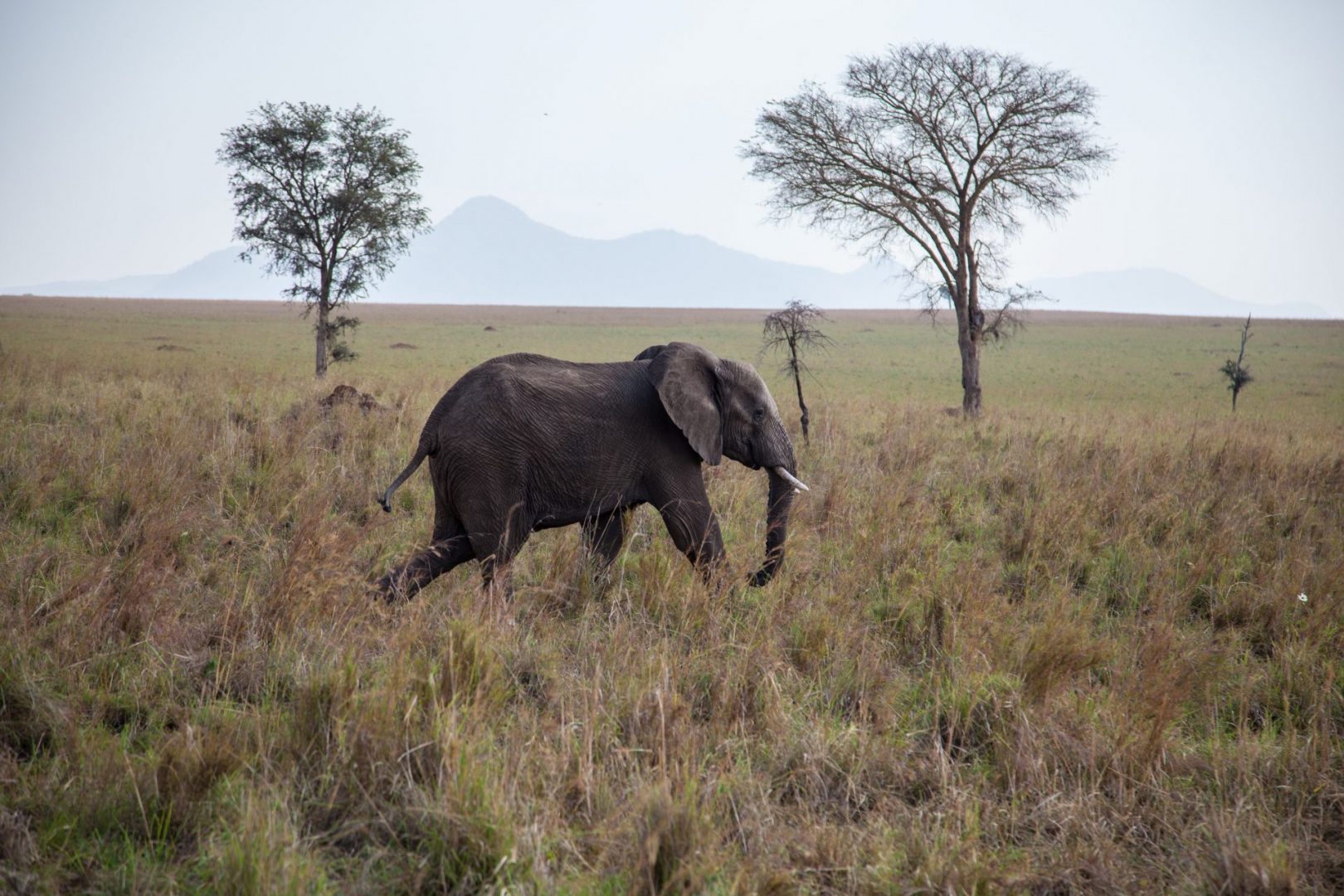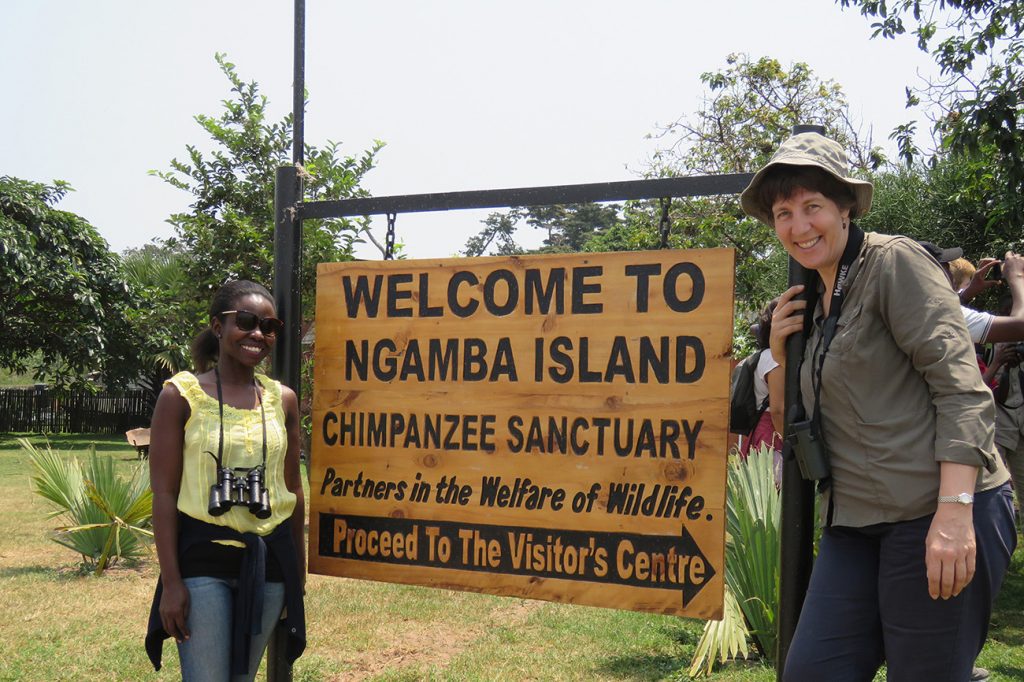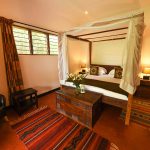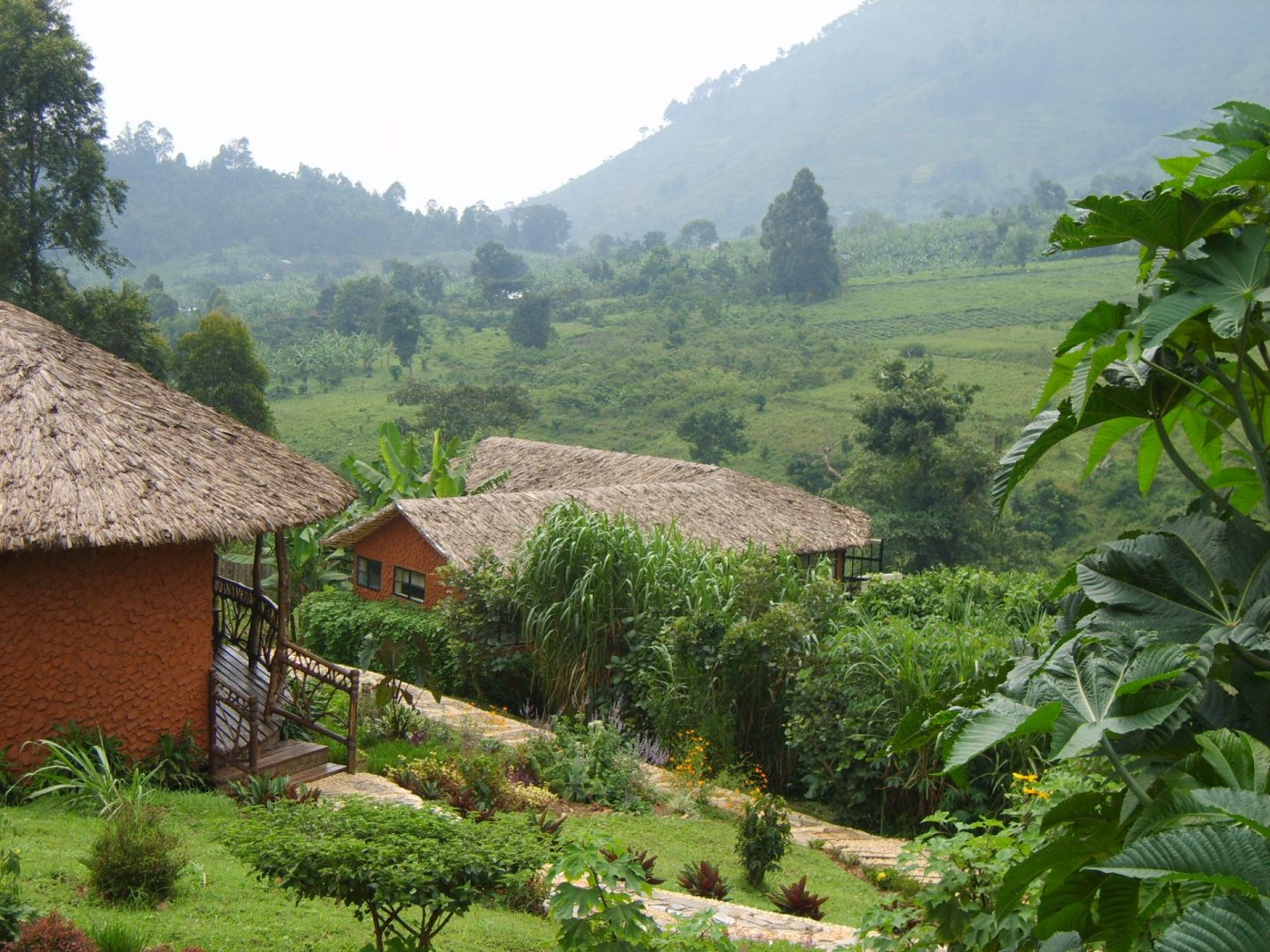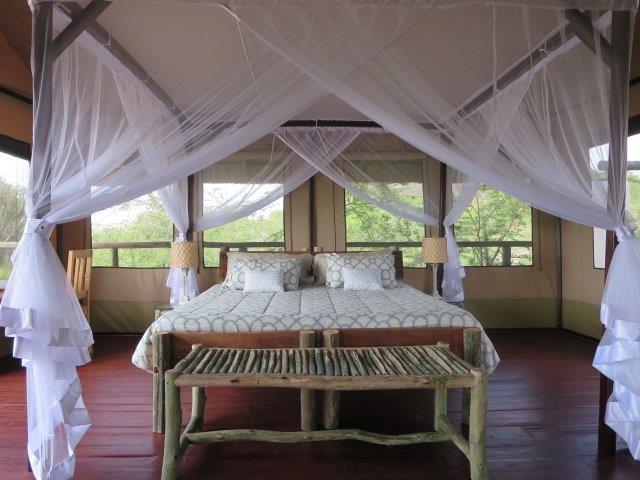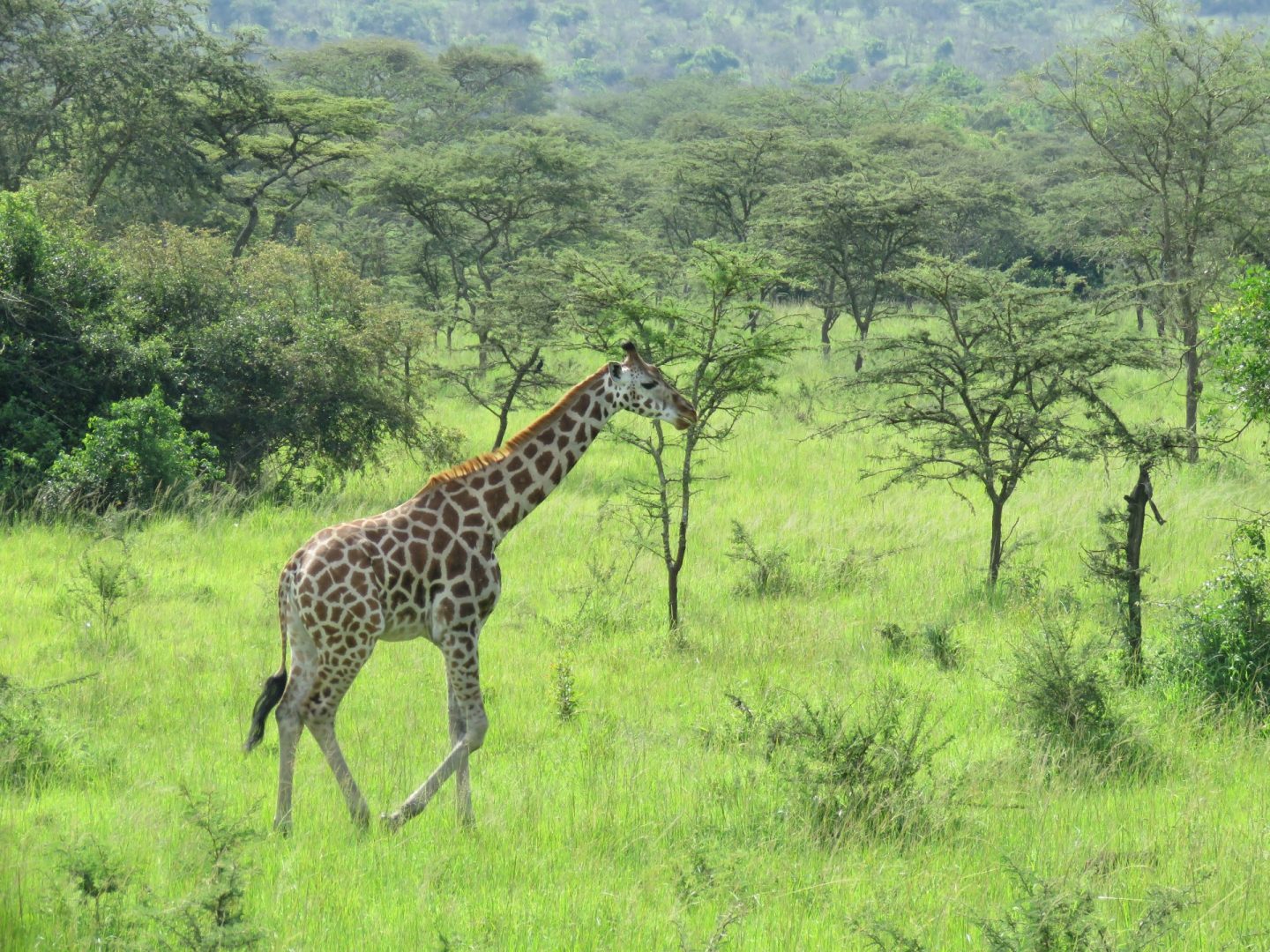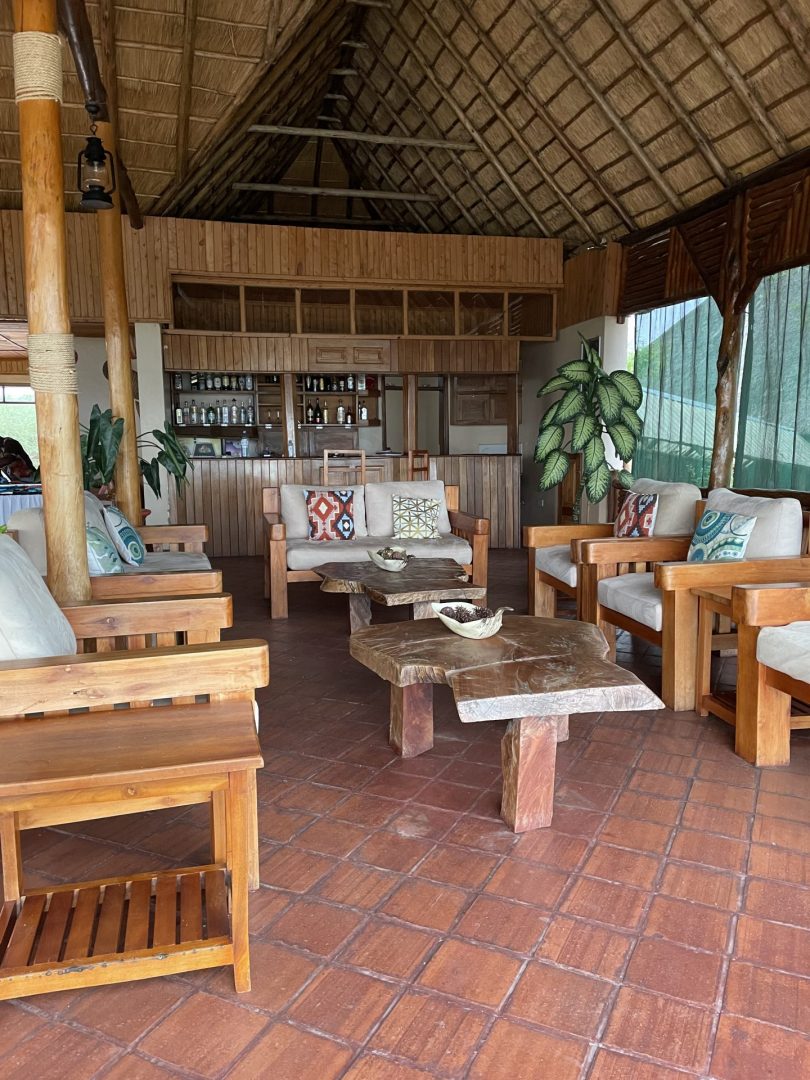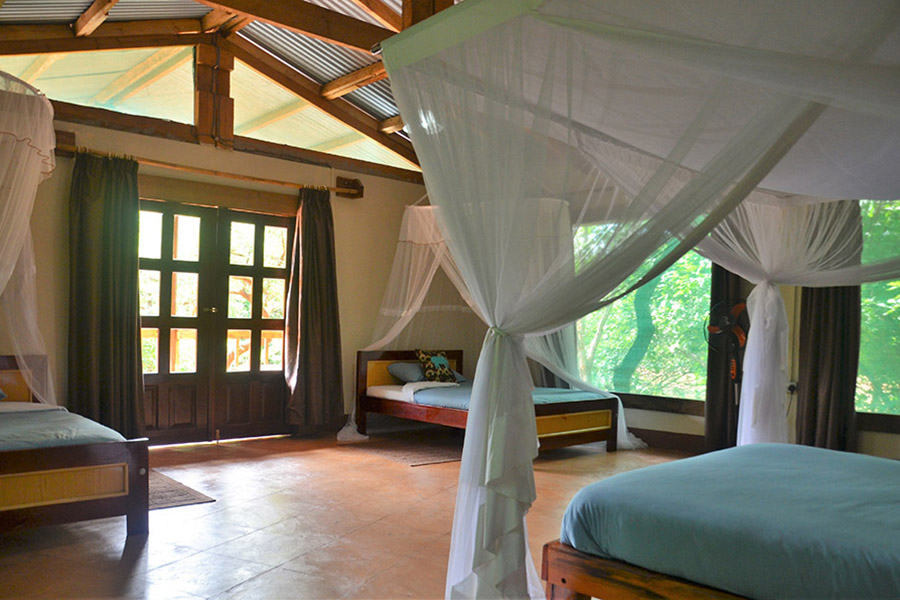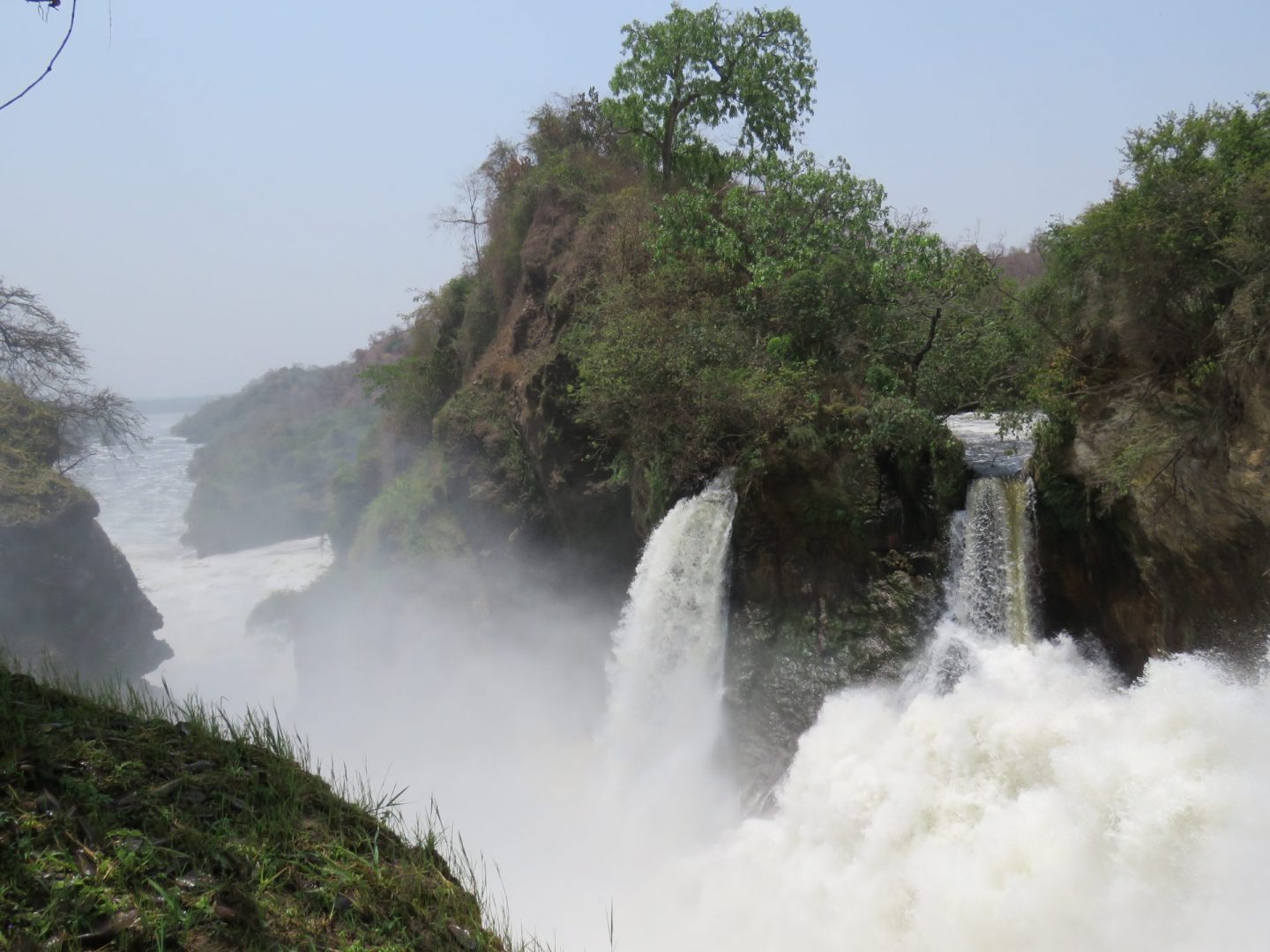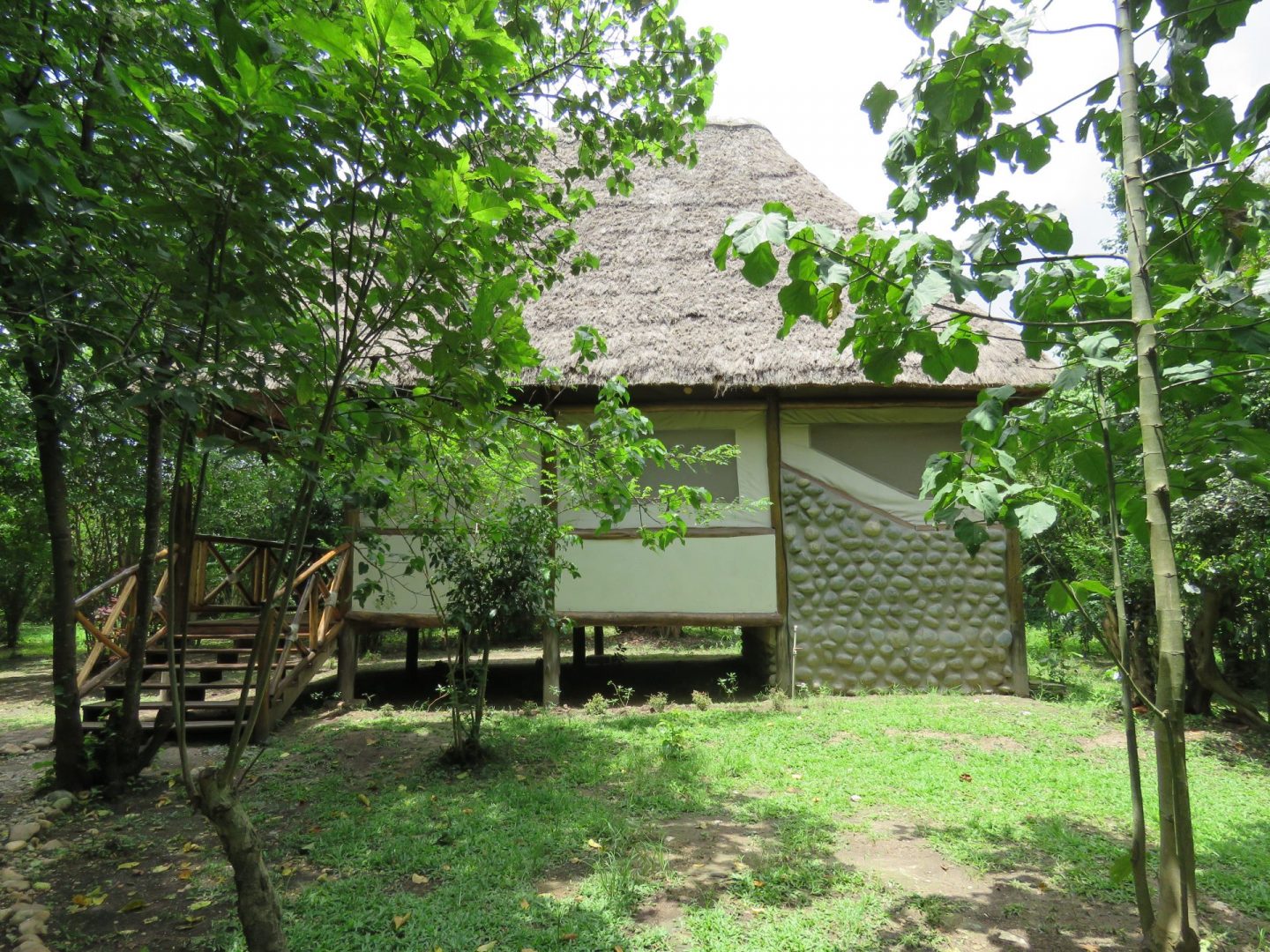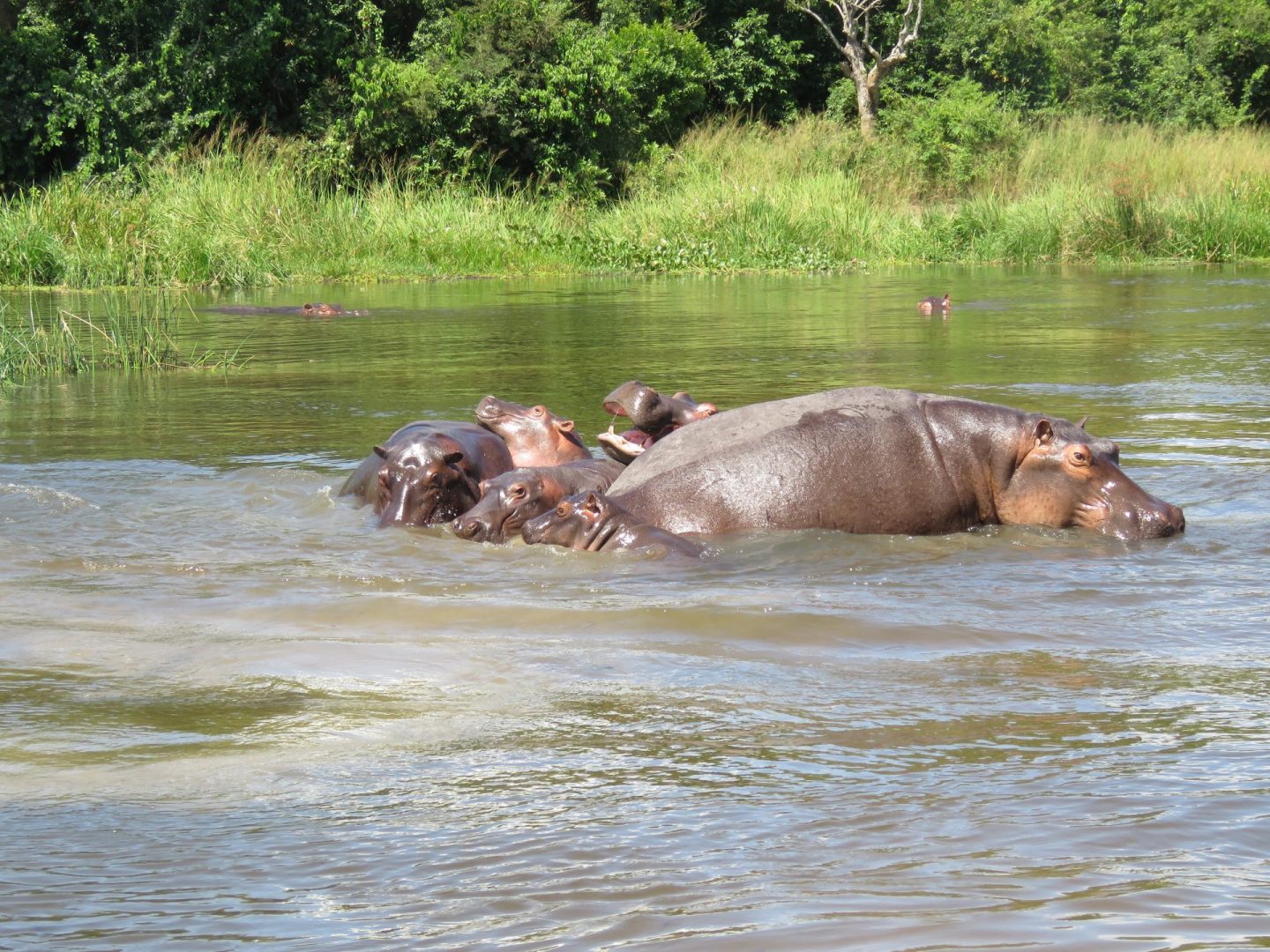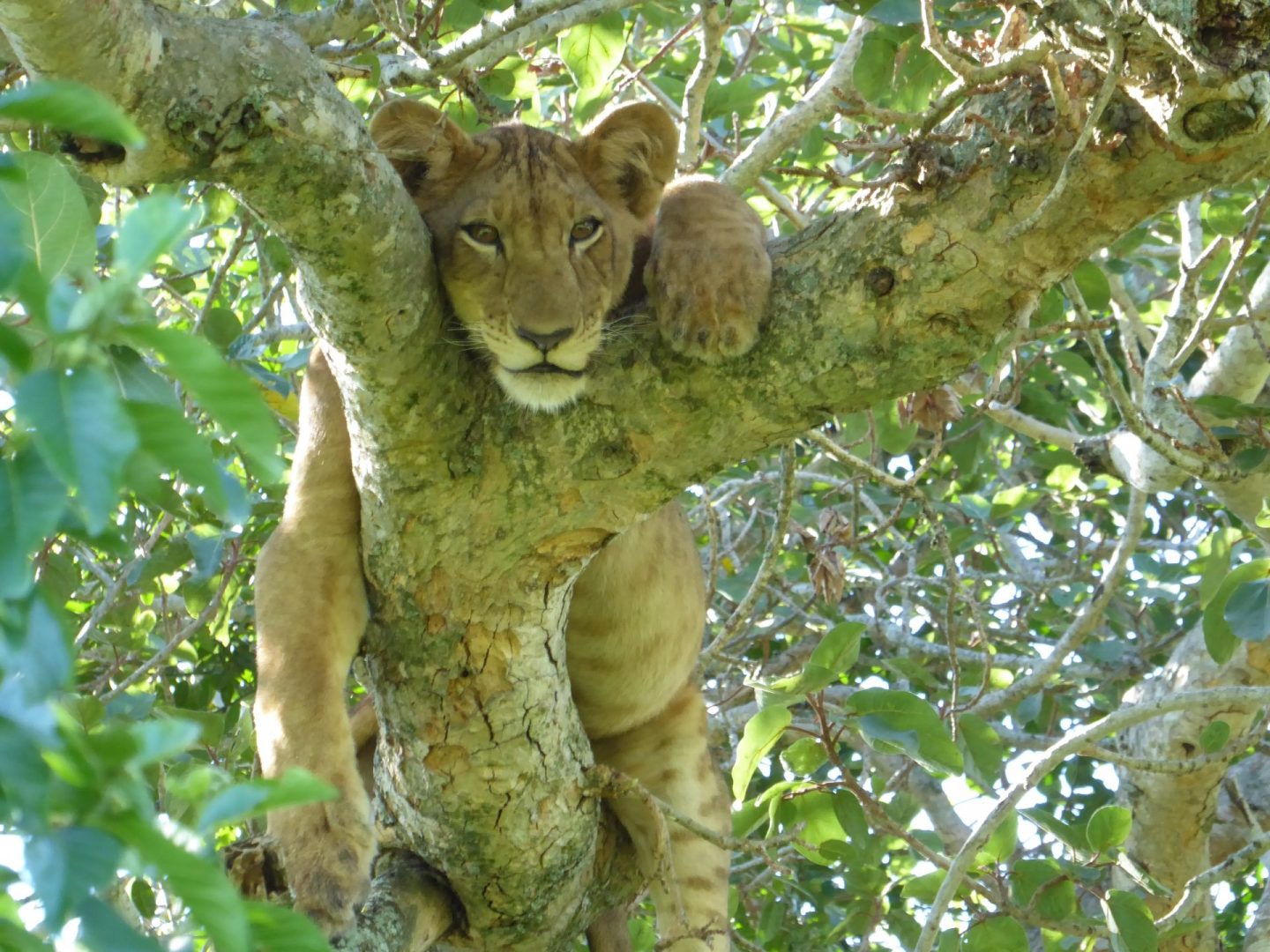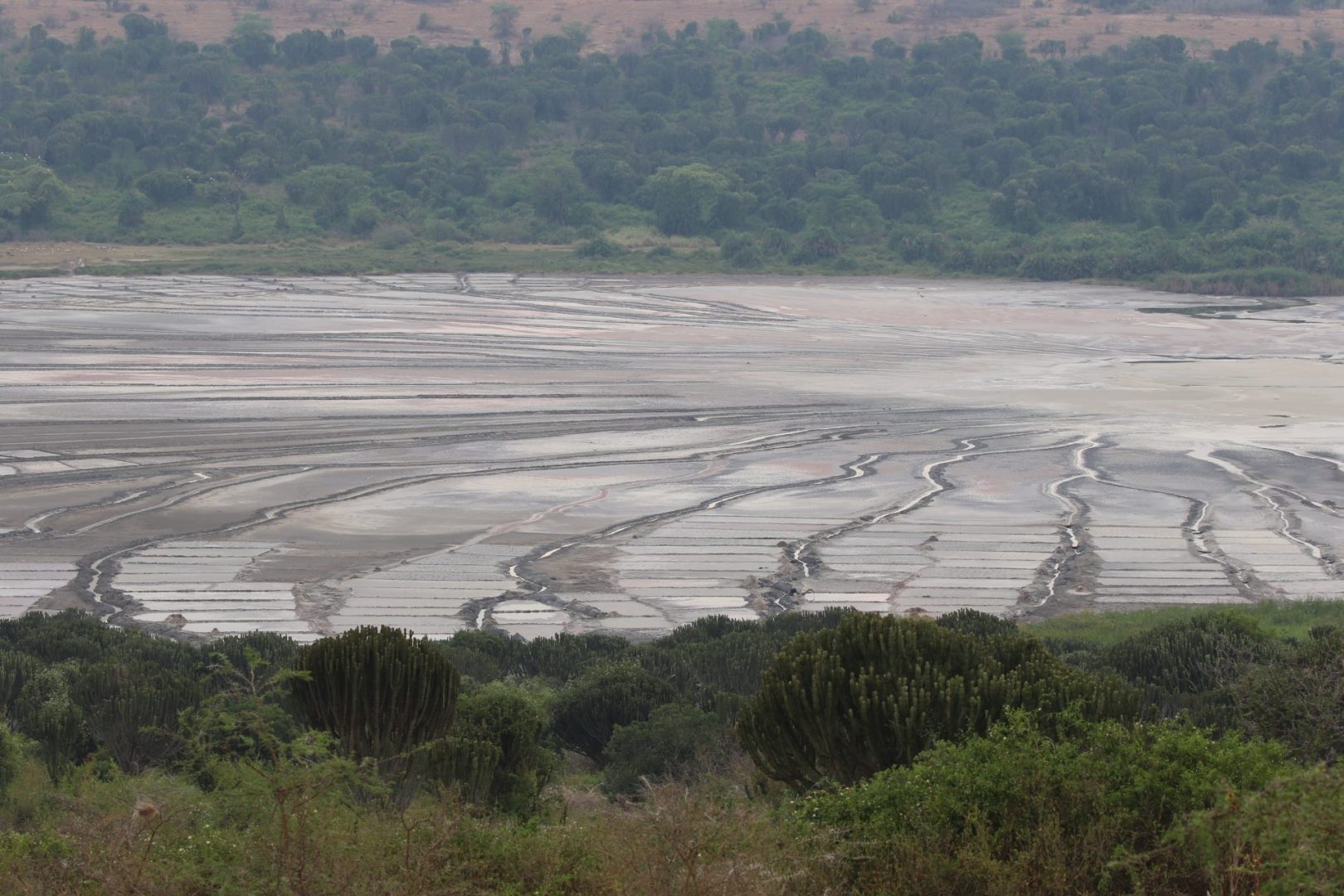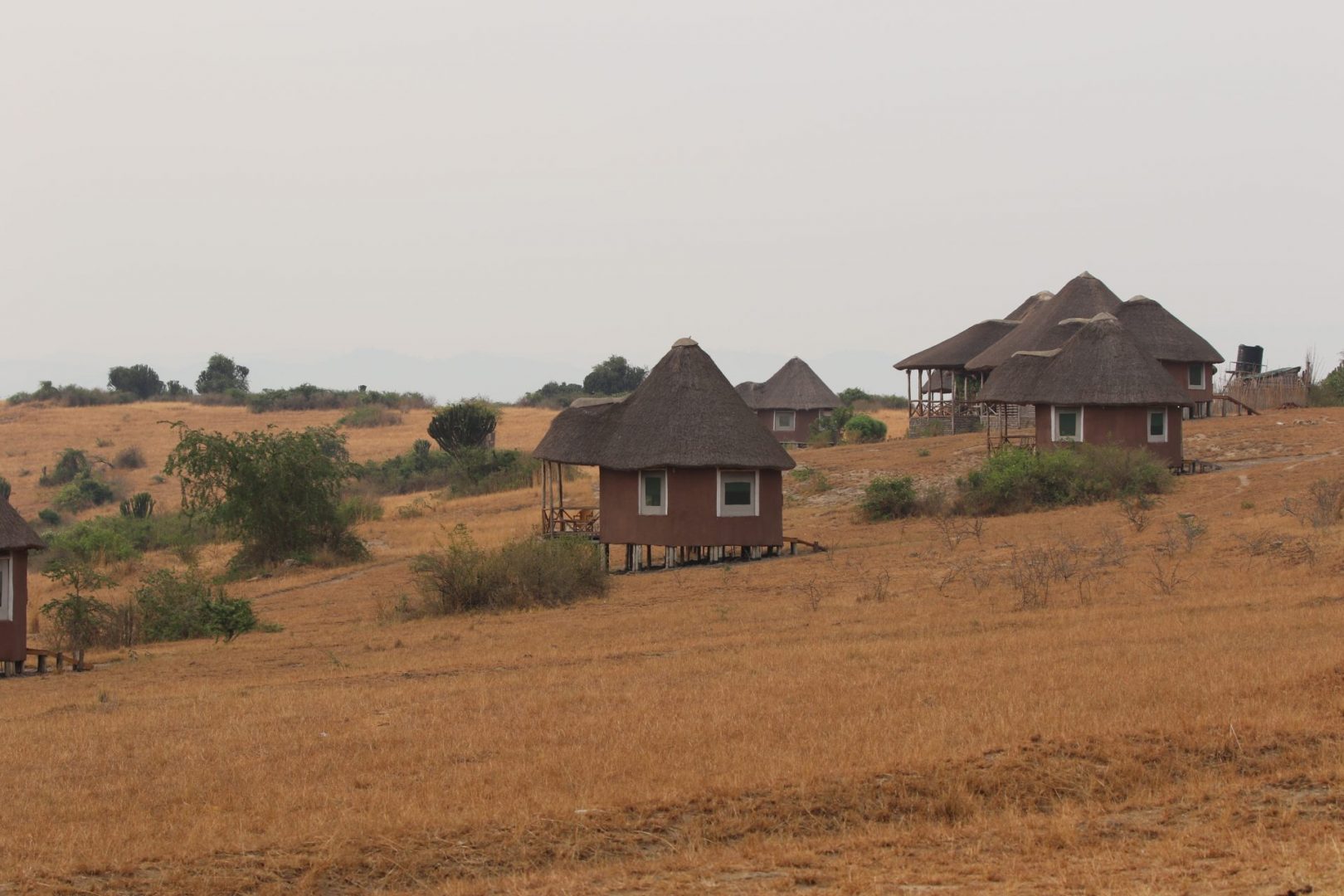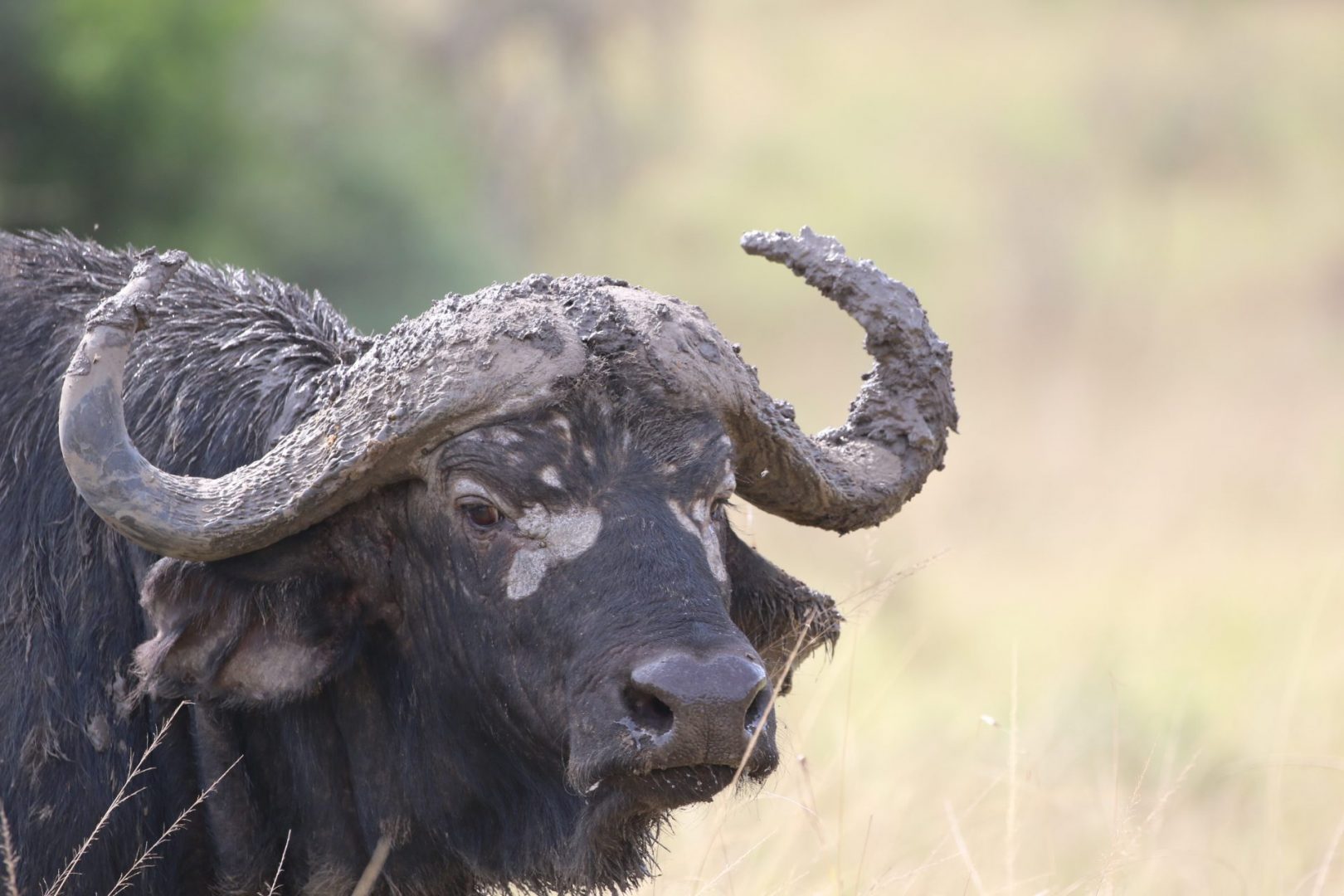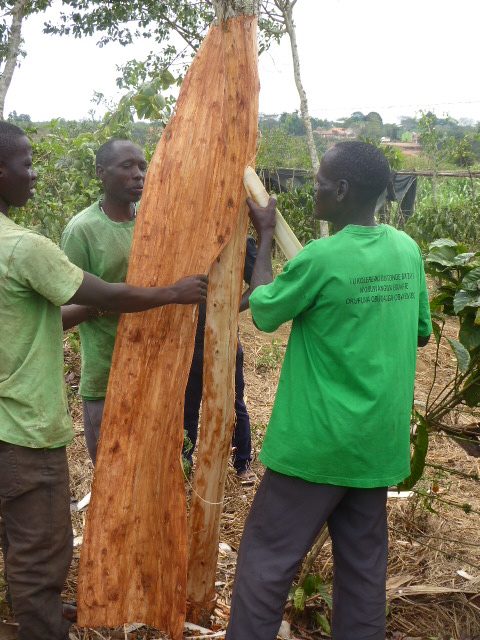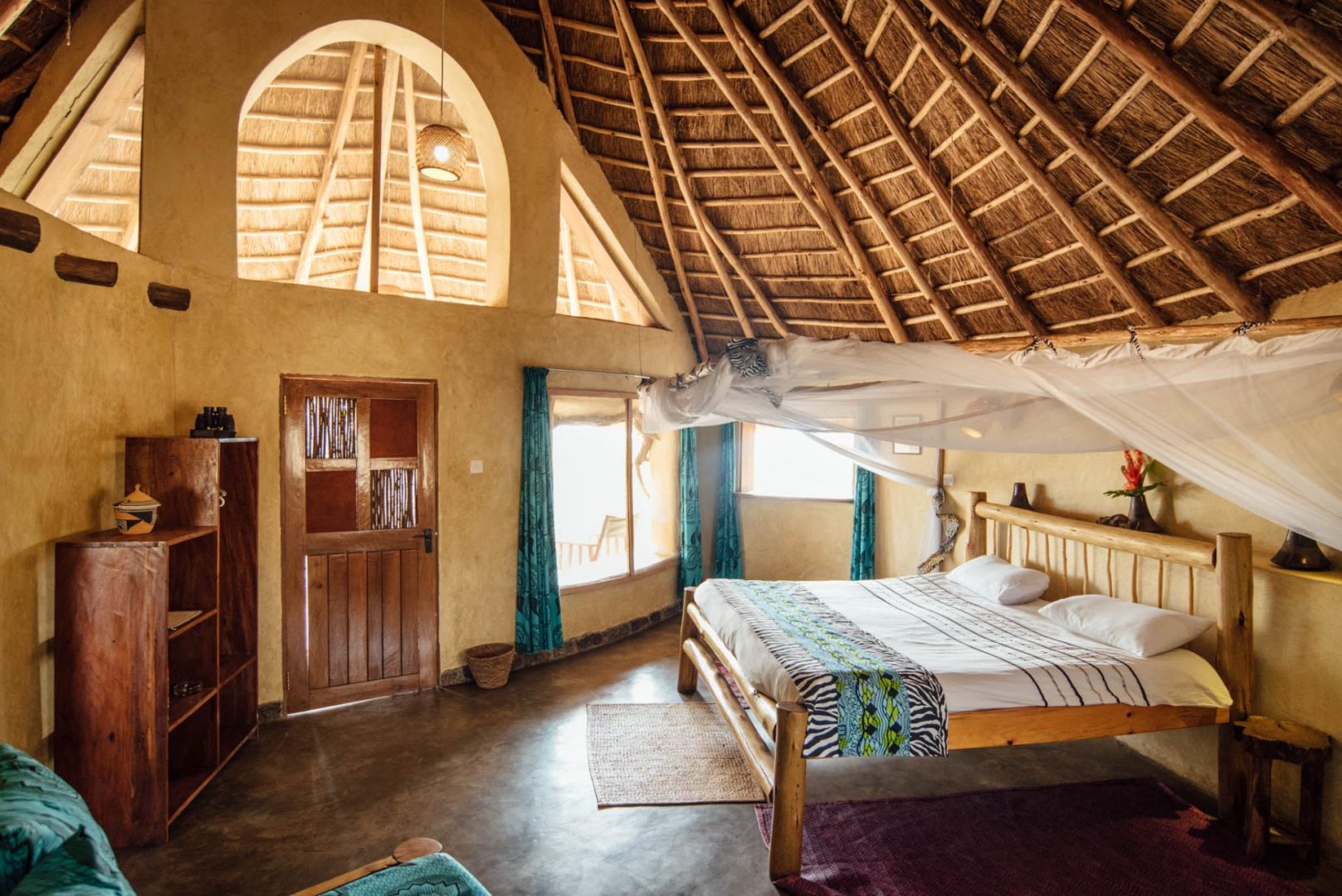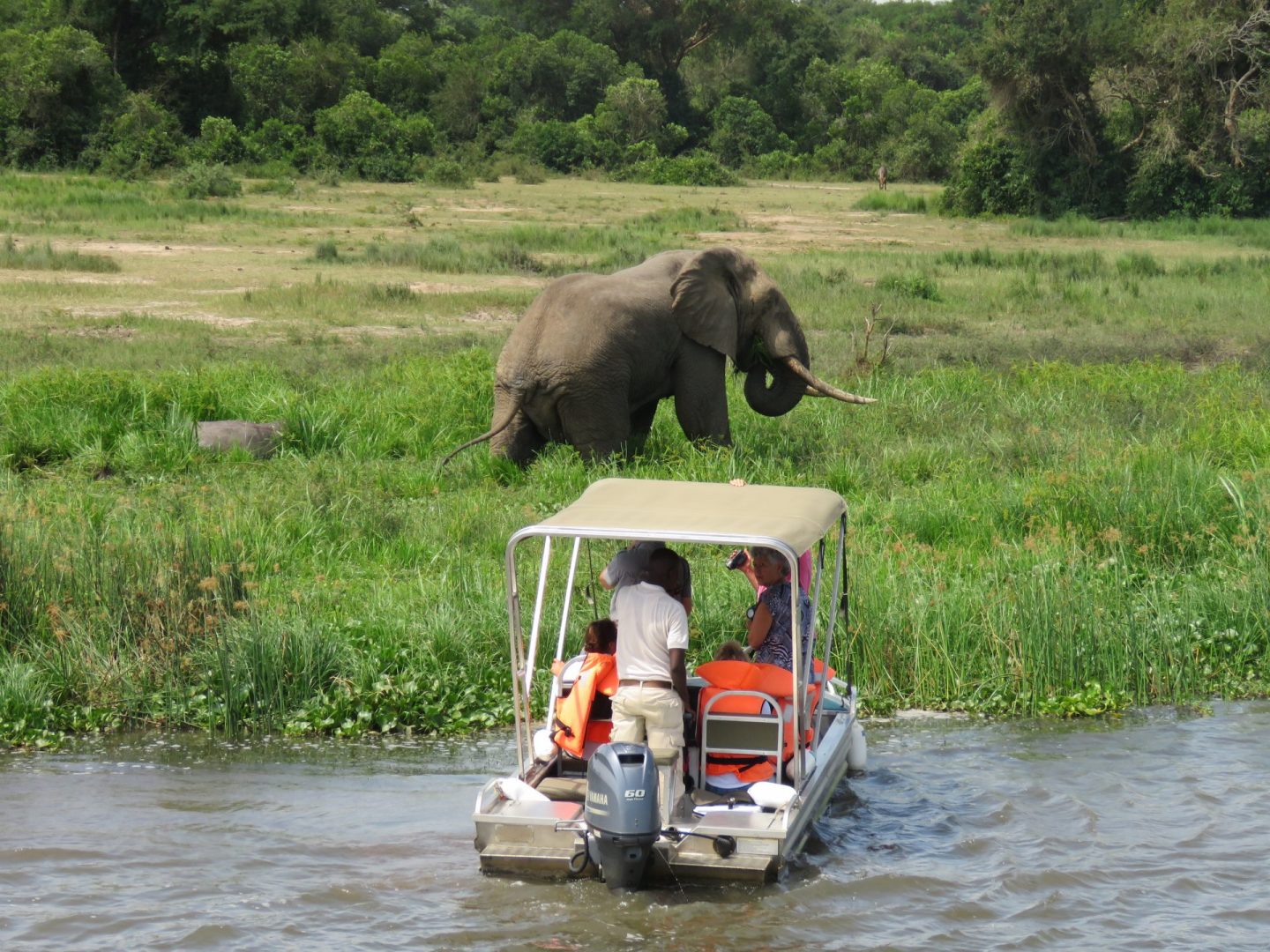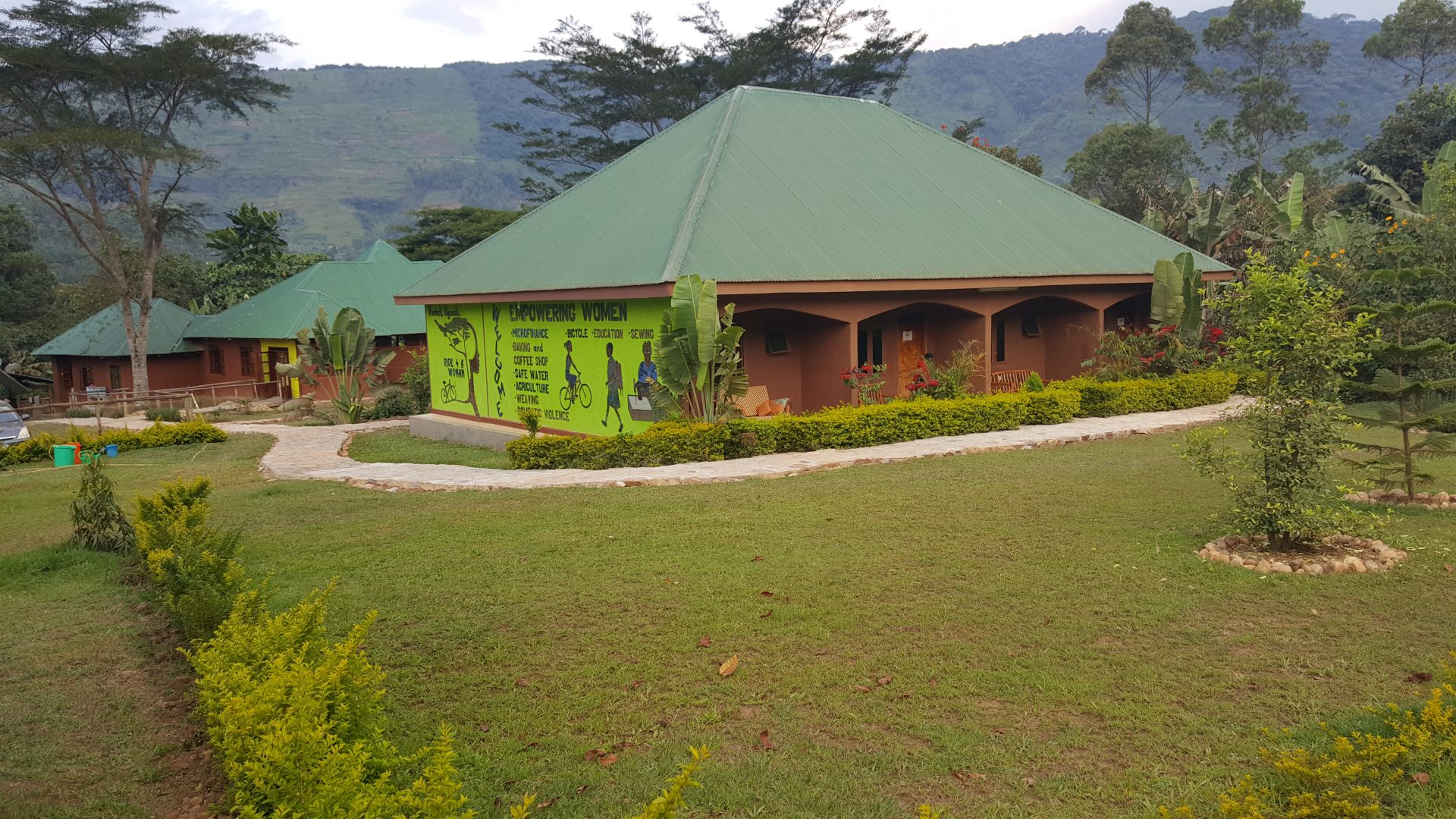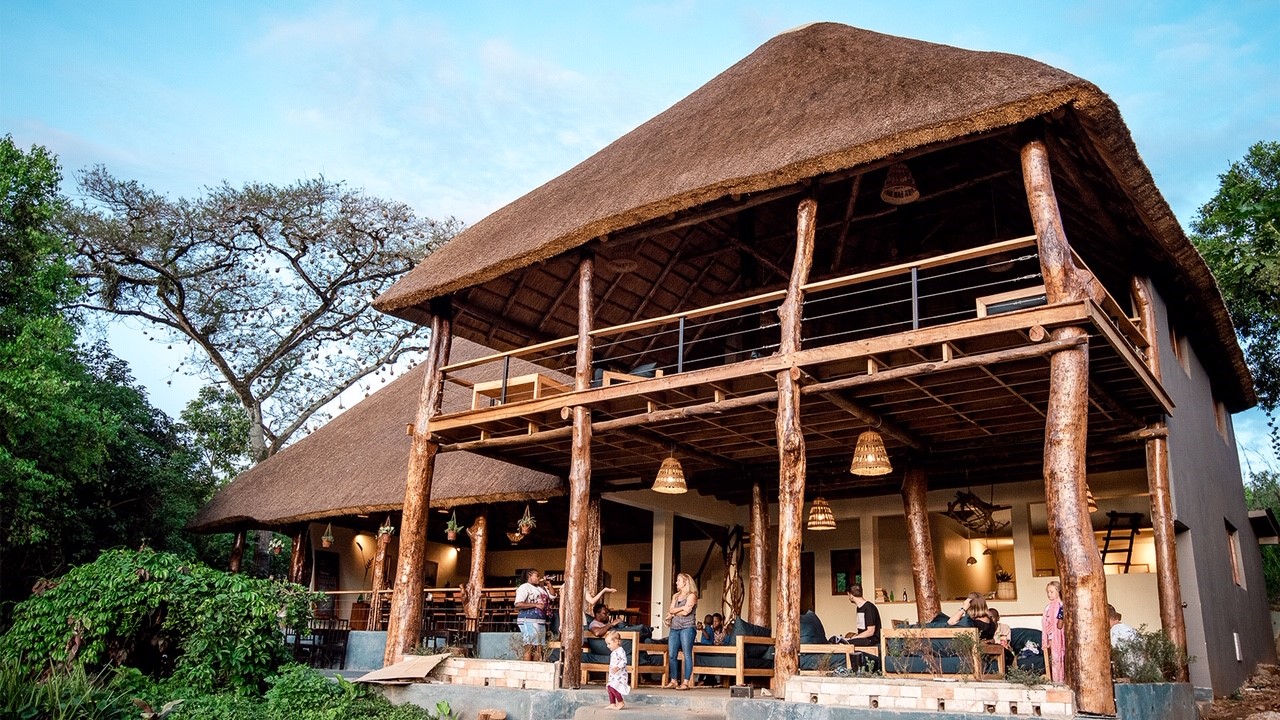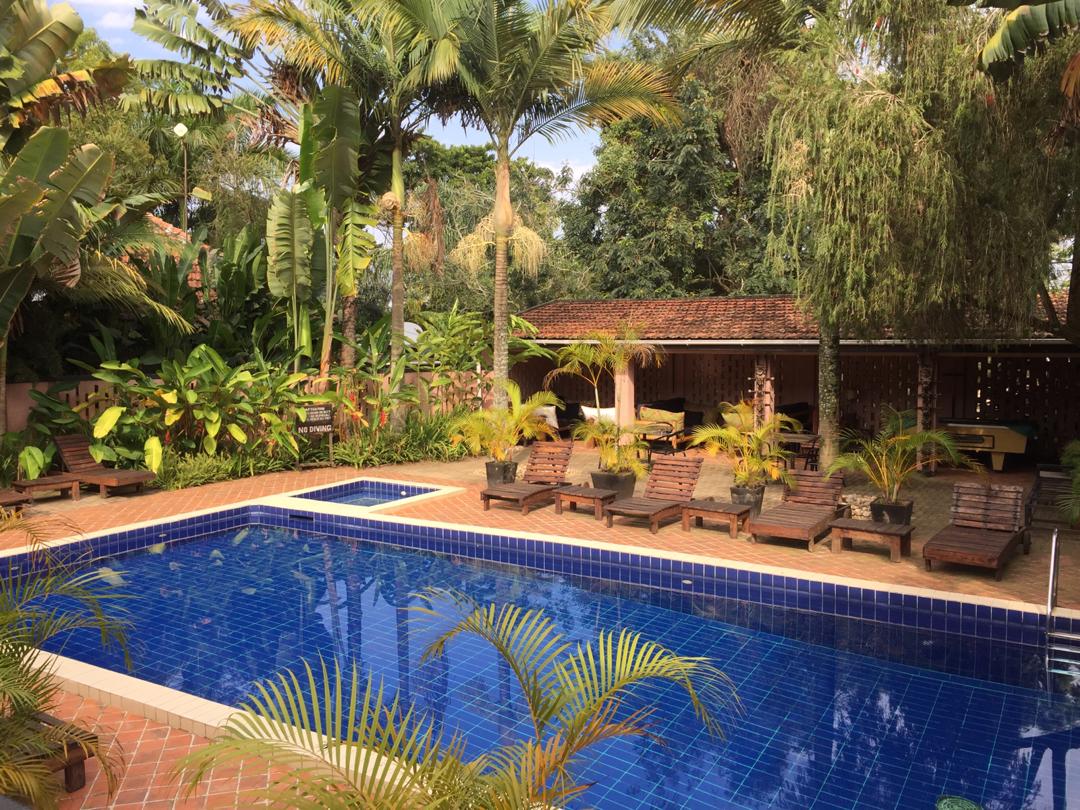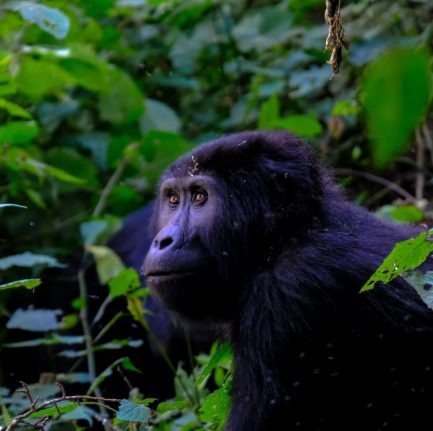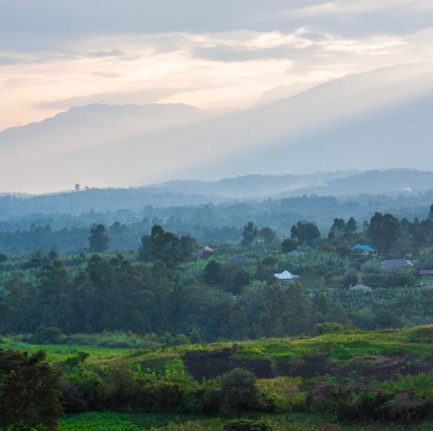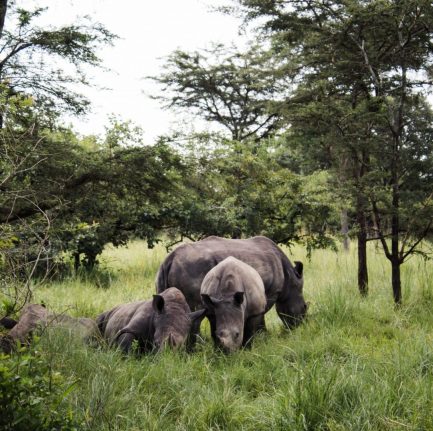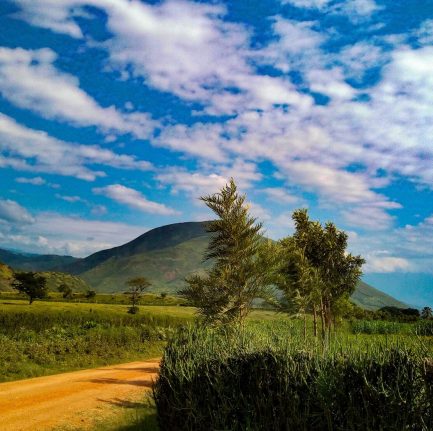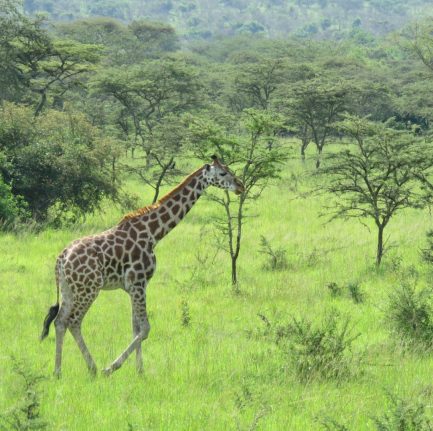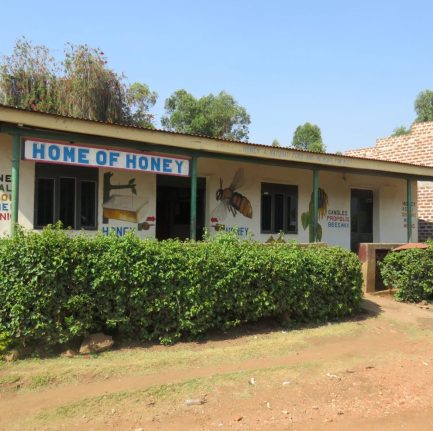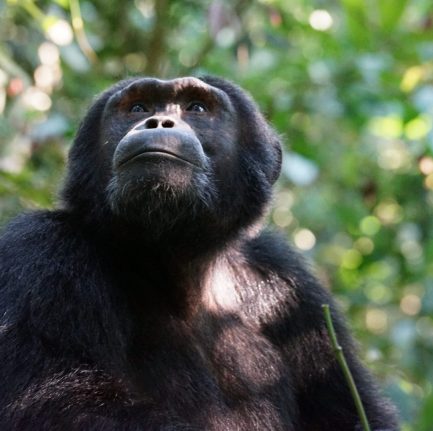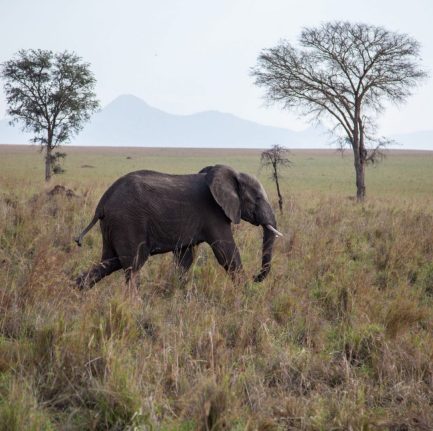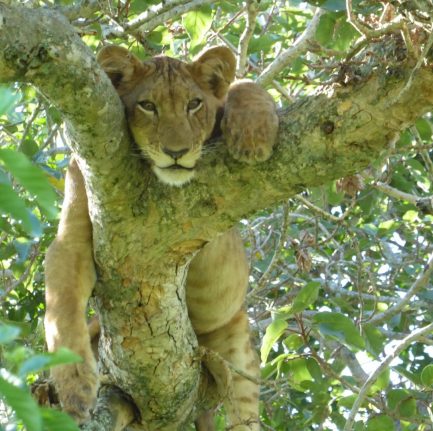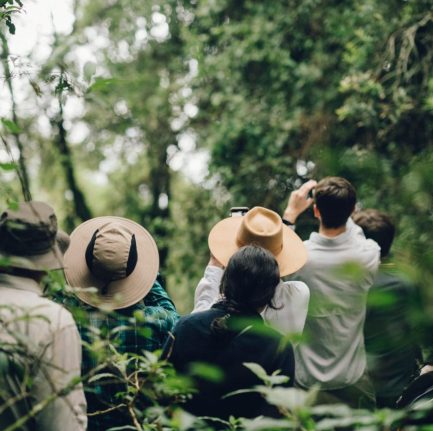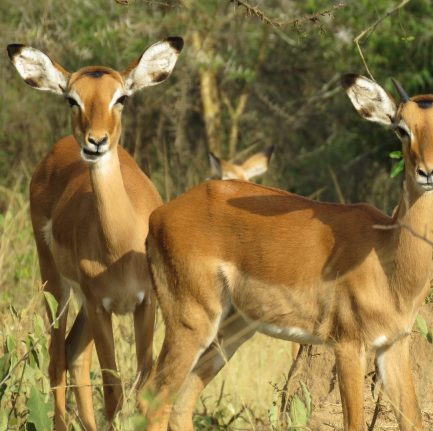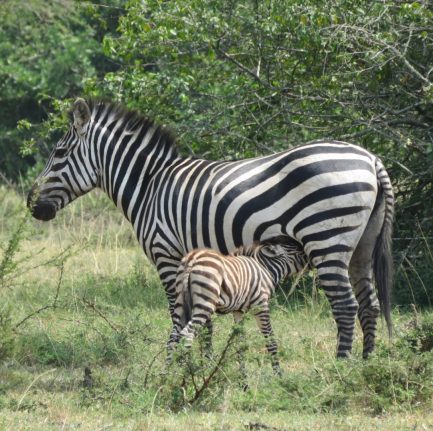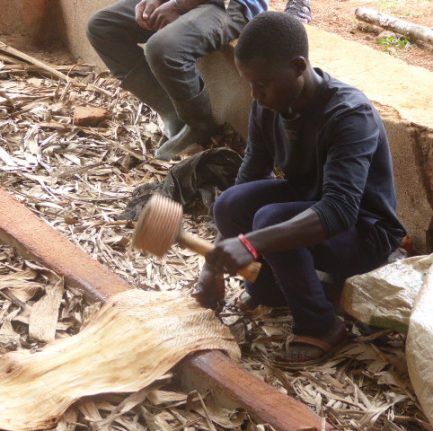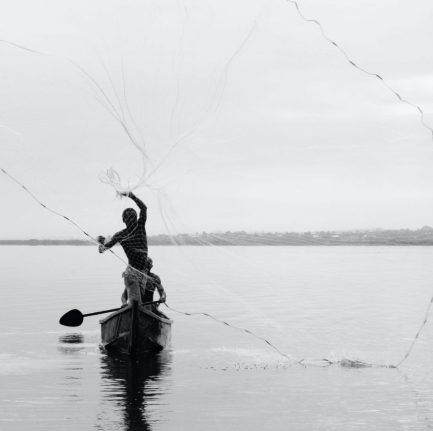Arrival Day
Your guide will be at Entebbe International Airport to welcome you and transfer you to your hotel, a short drive away. They will be with you throughout your holiday and, as well as driving, they will share their knowledge of Uganda’s flora and fauna with you and provide some insights into culture, history and politics. They will help you check-in to hotels, translate during community activities, if necessary, and generally do all they can to ensure you get the most out of your visit. At certain times a site guide or park ranger will take over, for example, during gorilla tracking.
Although you have an agreed itinerary, there will be the possibility for a few impromptu stops along the way perhaps to take photos, admire a view, visit a roadside market or check-out a honey cooperative.
Depending on your time of arrival, you can relax and enjoy a meal at The Boma.
Meals:
This itinerary has a full-board meal plan meaning breakfast, lunch and dinner will be provided everyday, often at your lodge. There will be opportunities to have both local and international cuisine and both vegetarians and vegans can be catered for with advance notice.
All meals come with a soft drink or drinking water and additional drinks, including alcohol, can be bought from the lodges and restaurants. You will be given a reusable water bottle which can be topped-up from a big bottle inside the vehicle throughout your holiday. Tea, coffee and some small snacks will also be available in the vehicle during certain activities like game drives.
Accommodation: The Boma Hotel (or similar)
Your accommodation for the night is set in the quiet environs of Entebbe. This Irish-owned, family-run, boutique hotel is full of personality and is definitely one of our favourite hotels in Entebbe. Although the hotel is conveniently sited in the middle of Entebbe, only 10 mins drive from the airport, this is a quiet, safe location and the well planned, lush tropical gardens are peaceful. The décor boasts lots of personal touches and the attractive rooms are comfortable and thoughtfully furnished.
There is a pool area where you can enjoy a relaxing swim and delicious food, using locally-sourced ingredients, is served in the restaurant.




